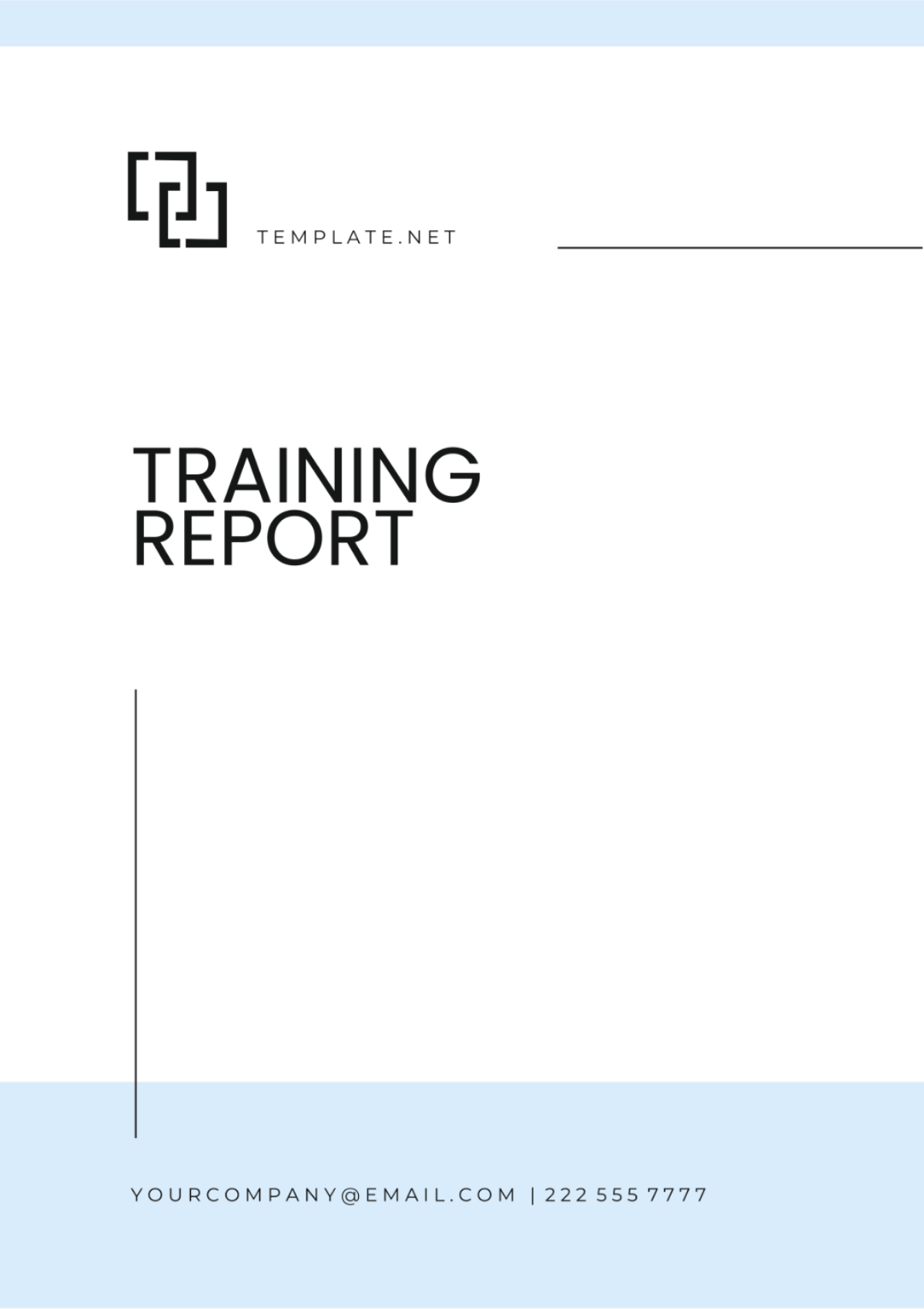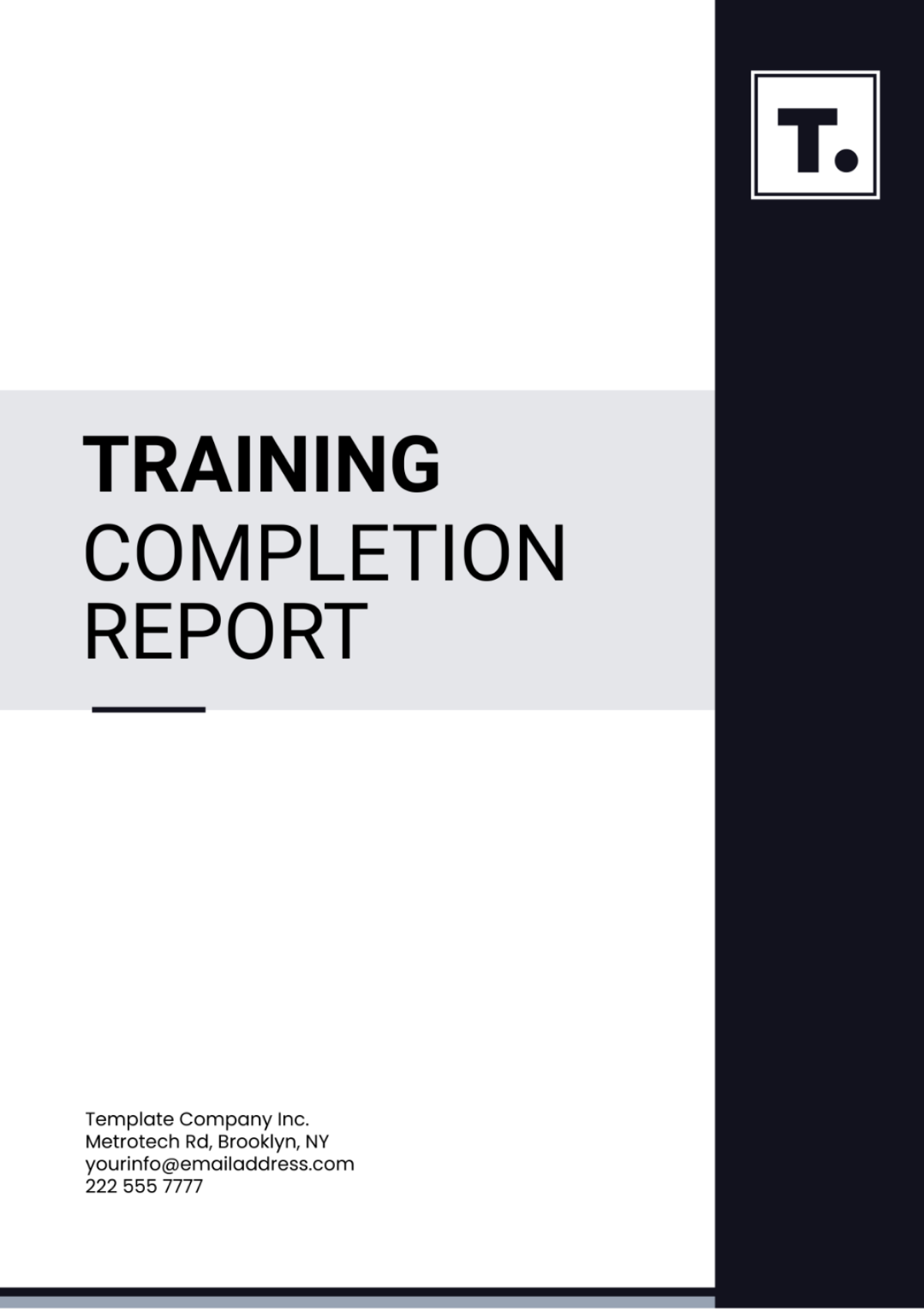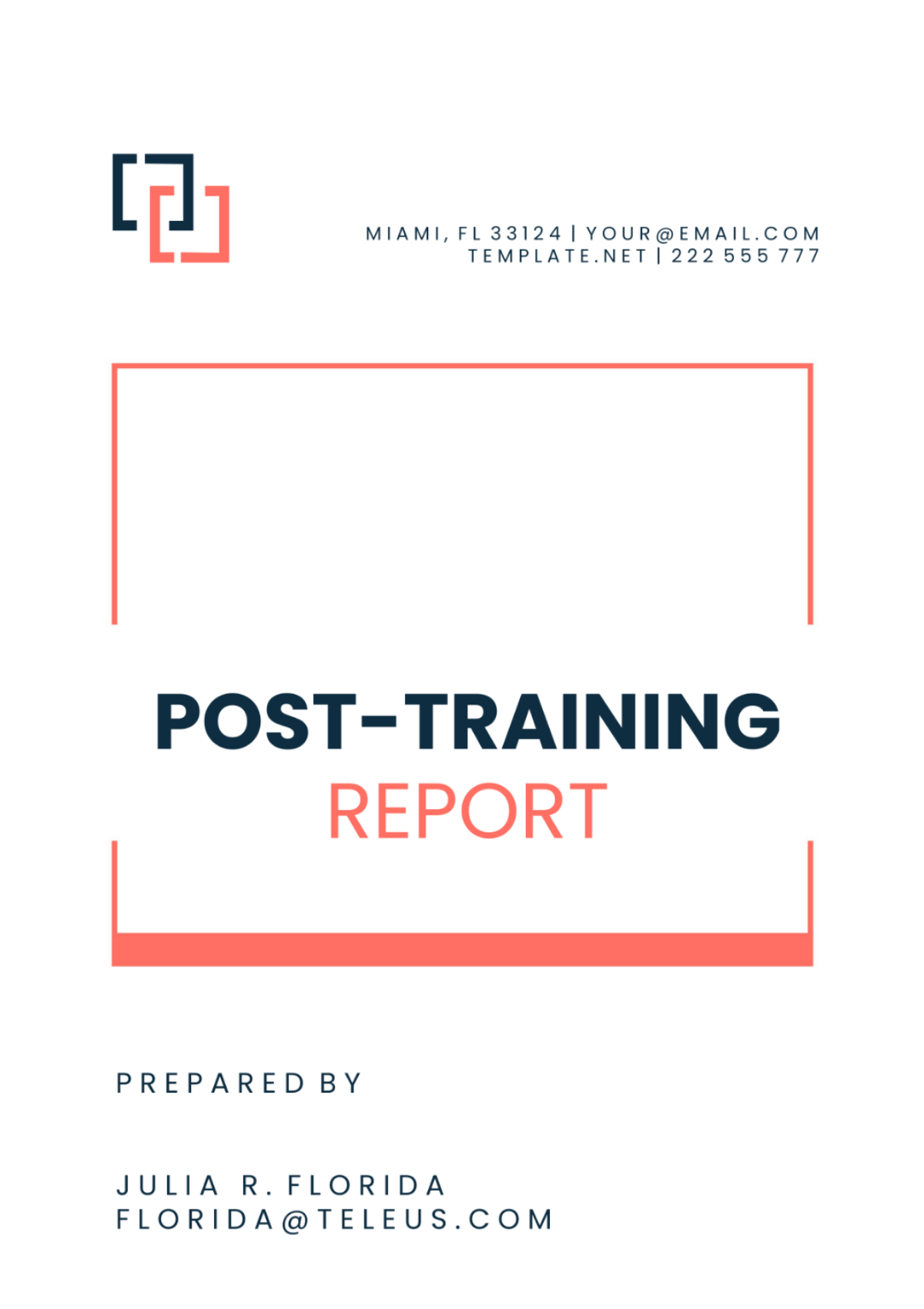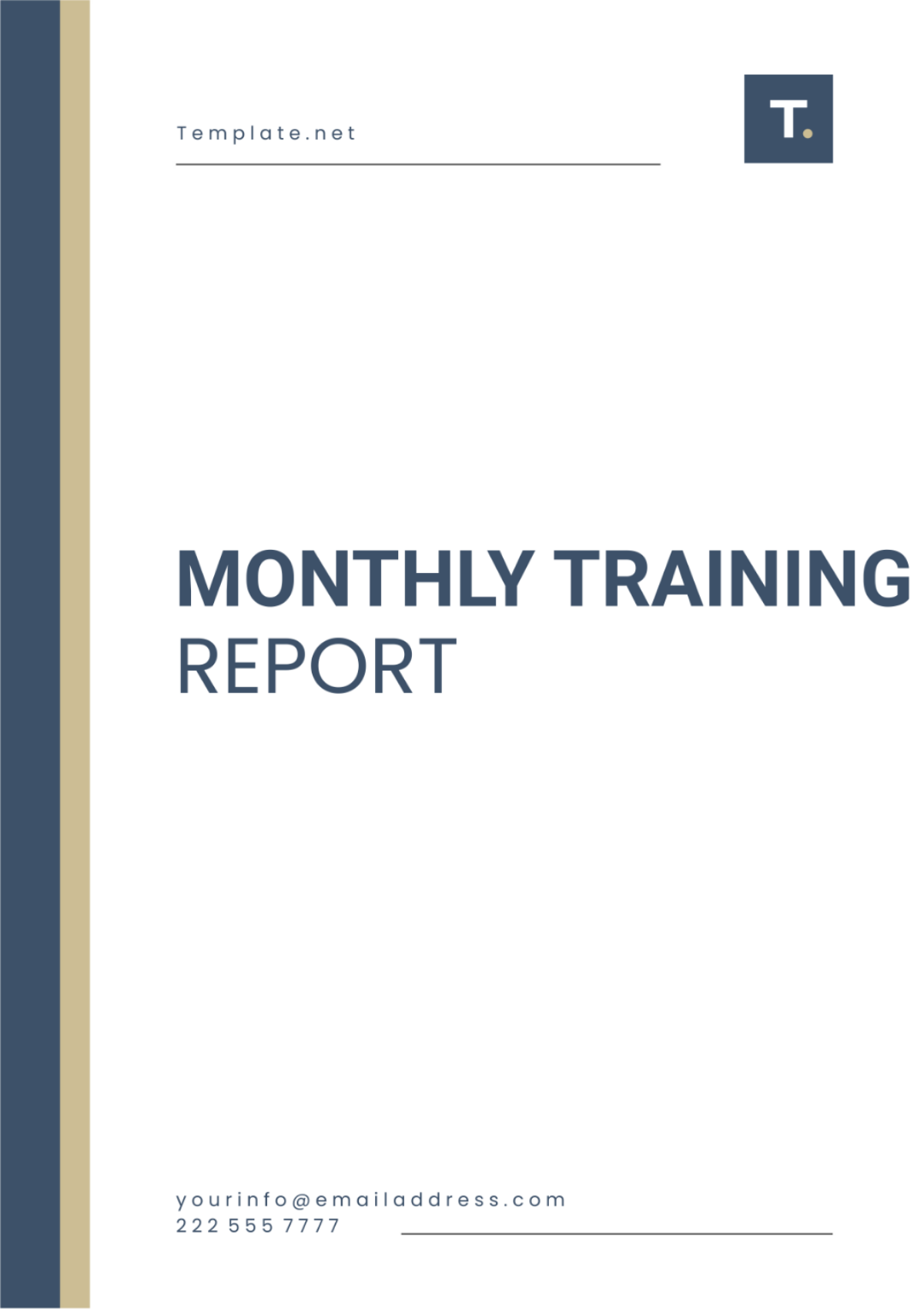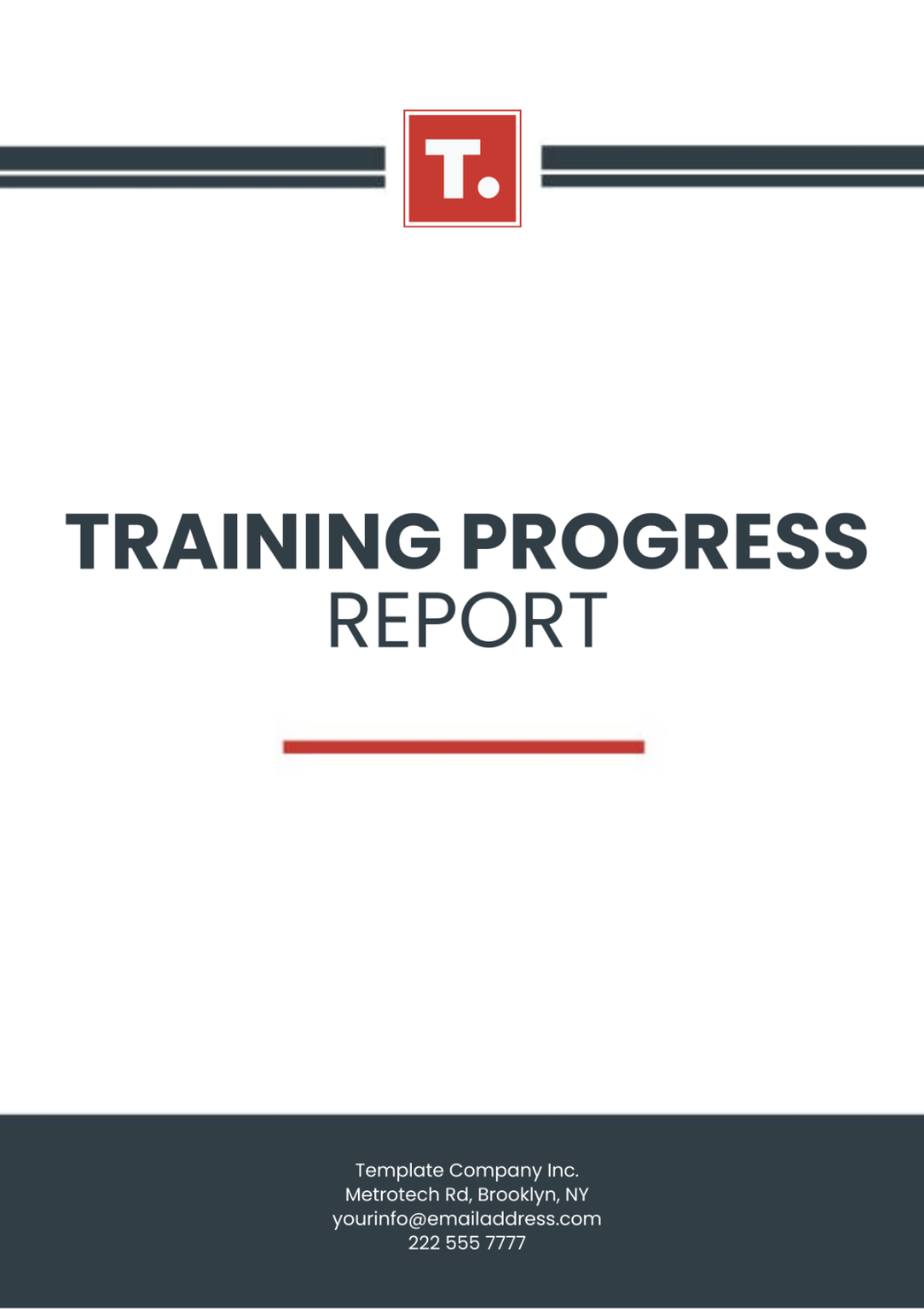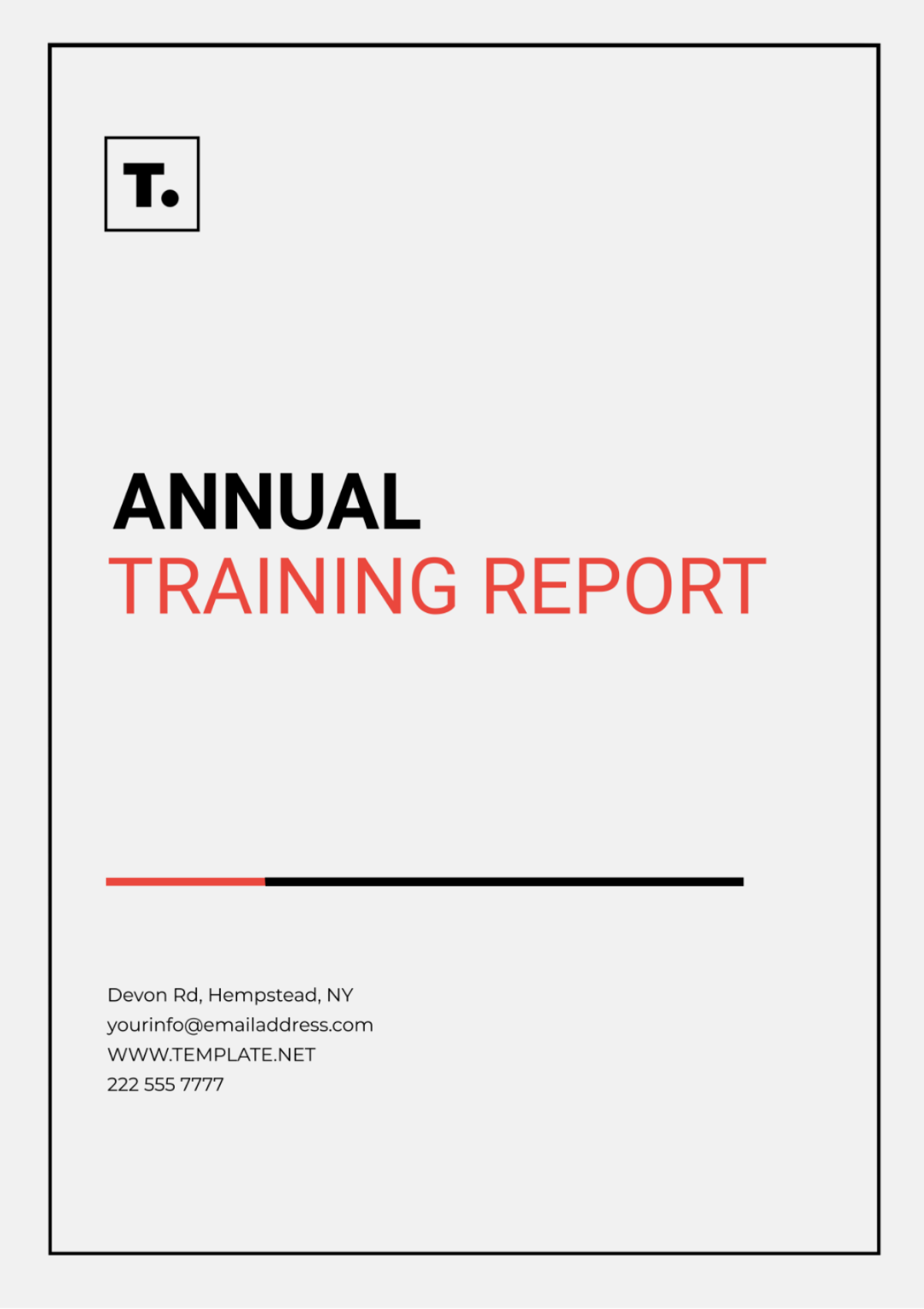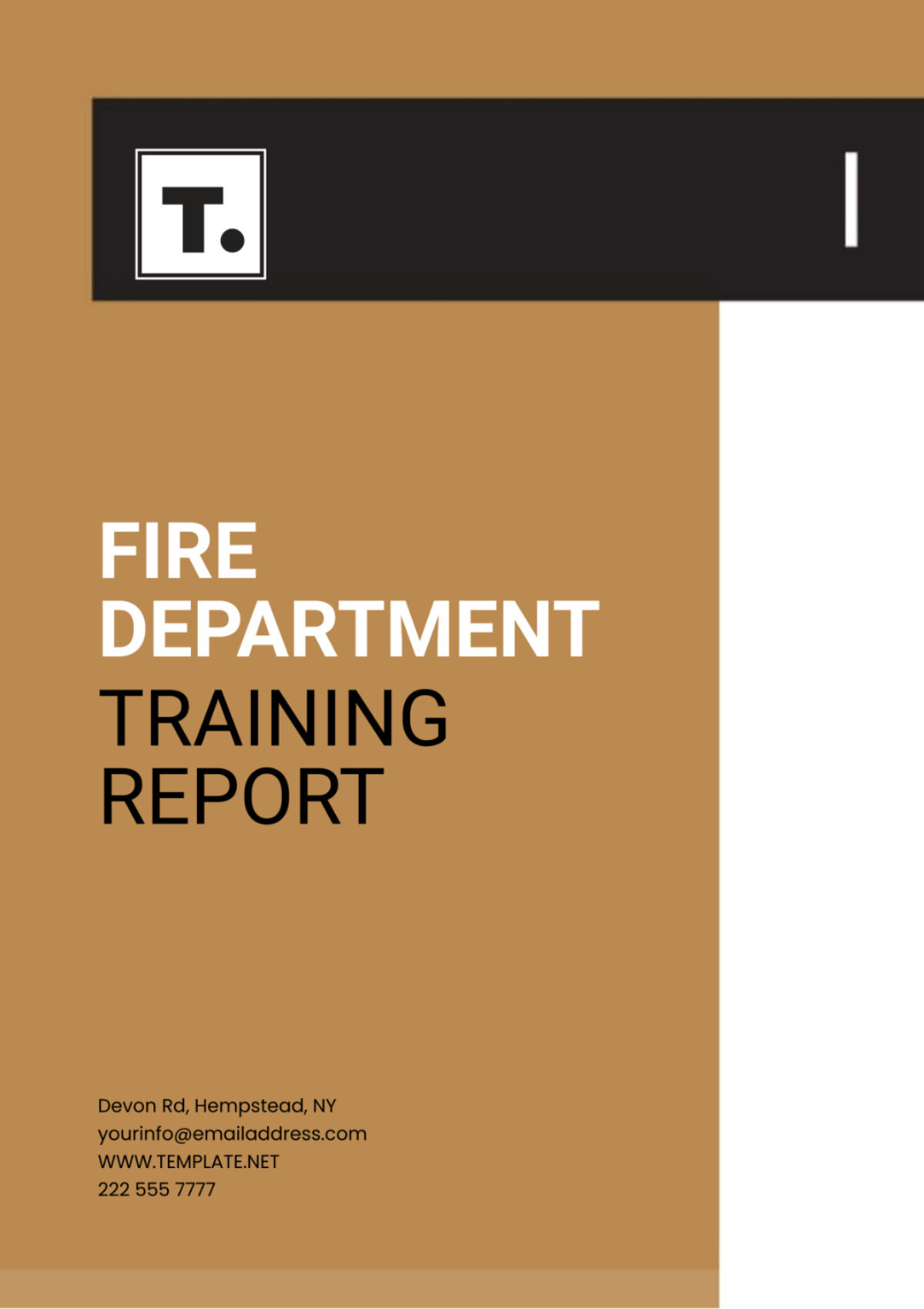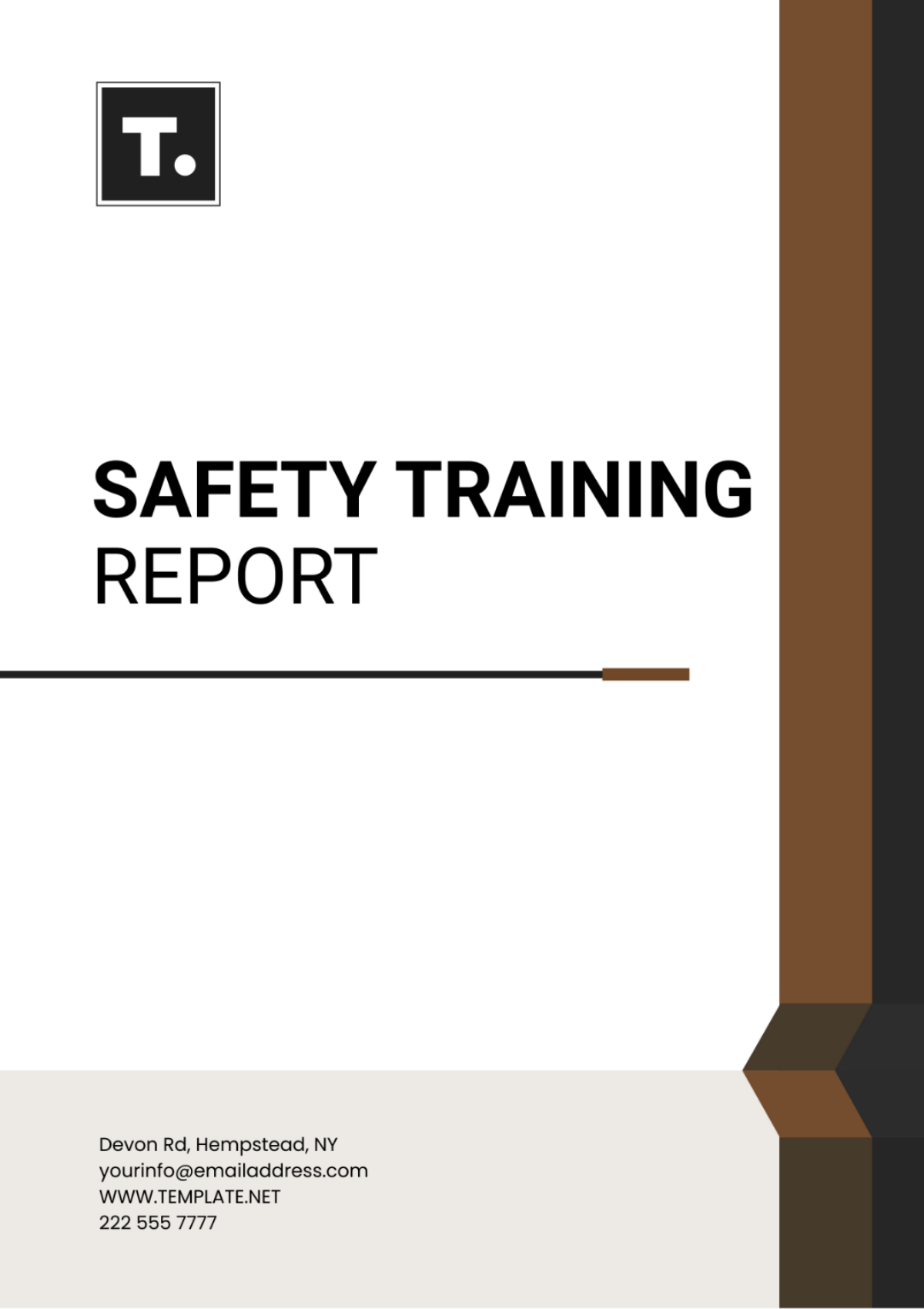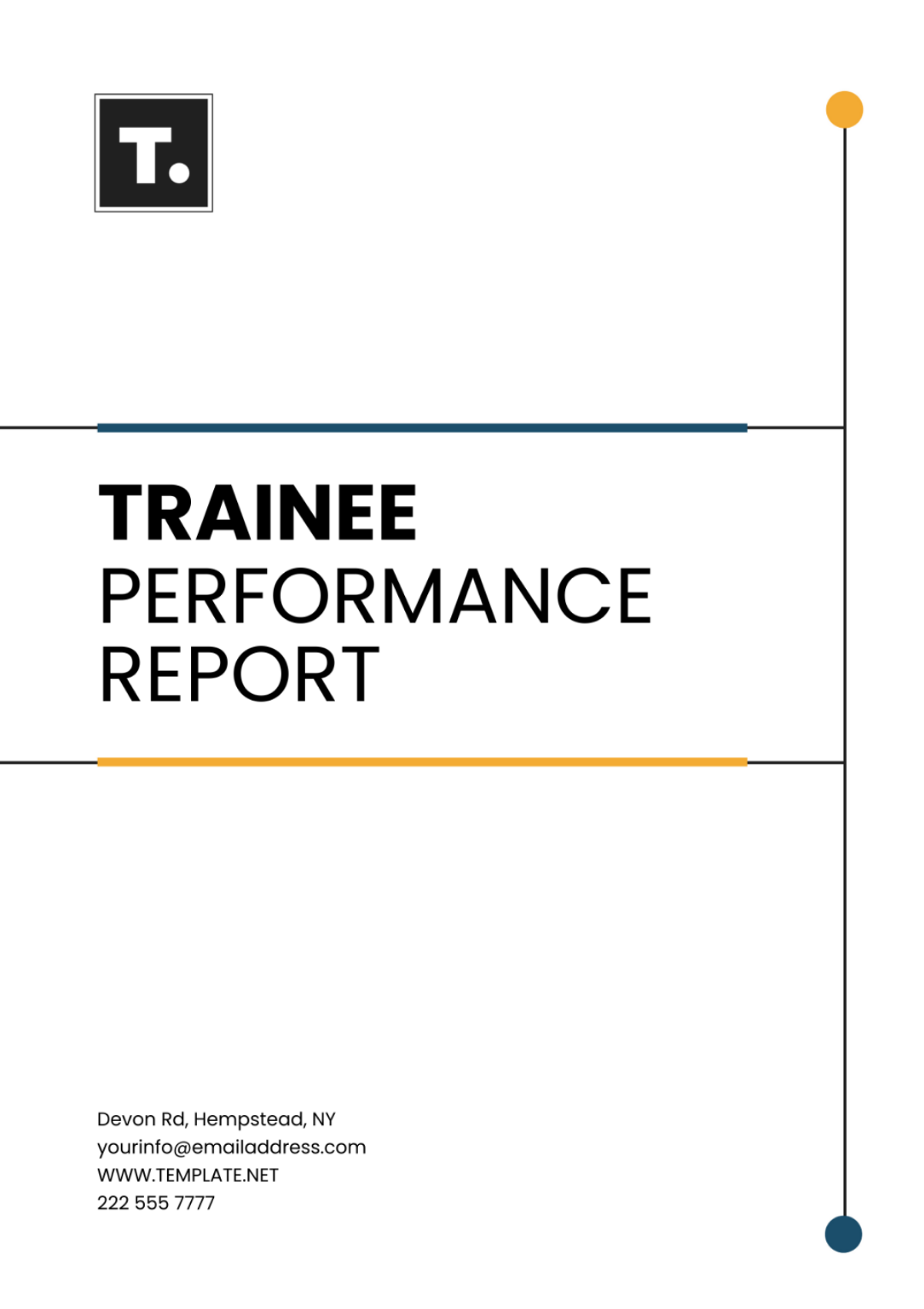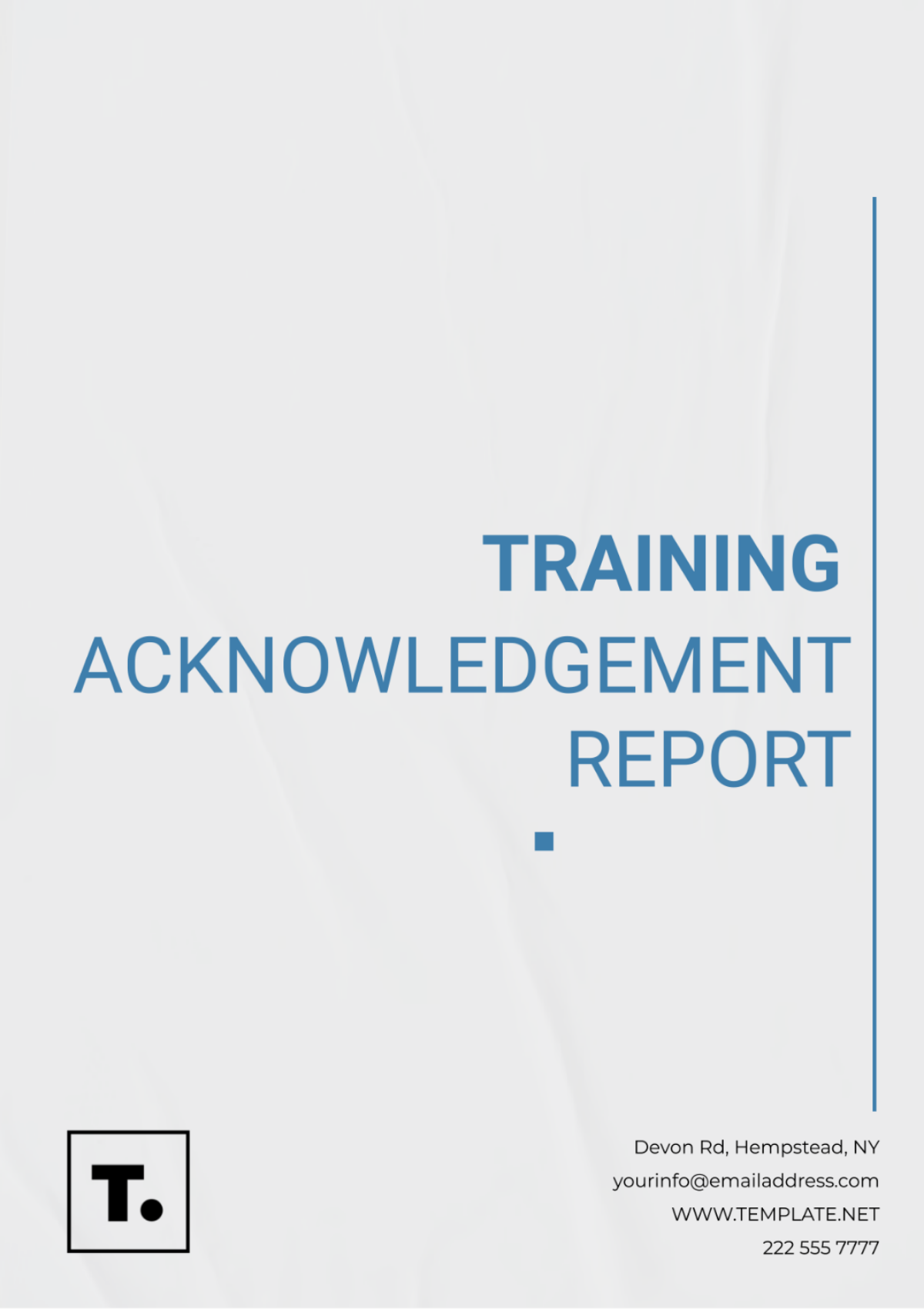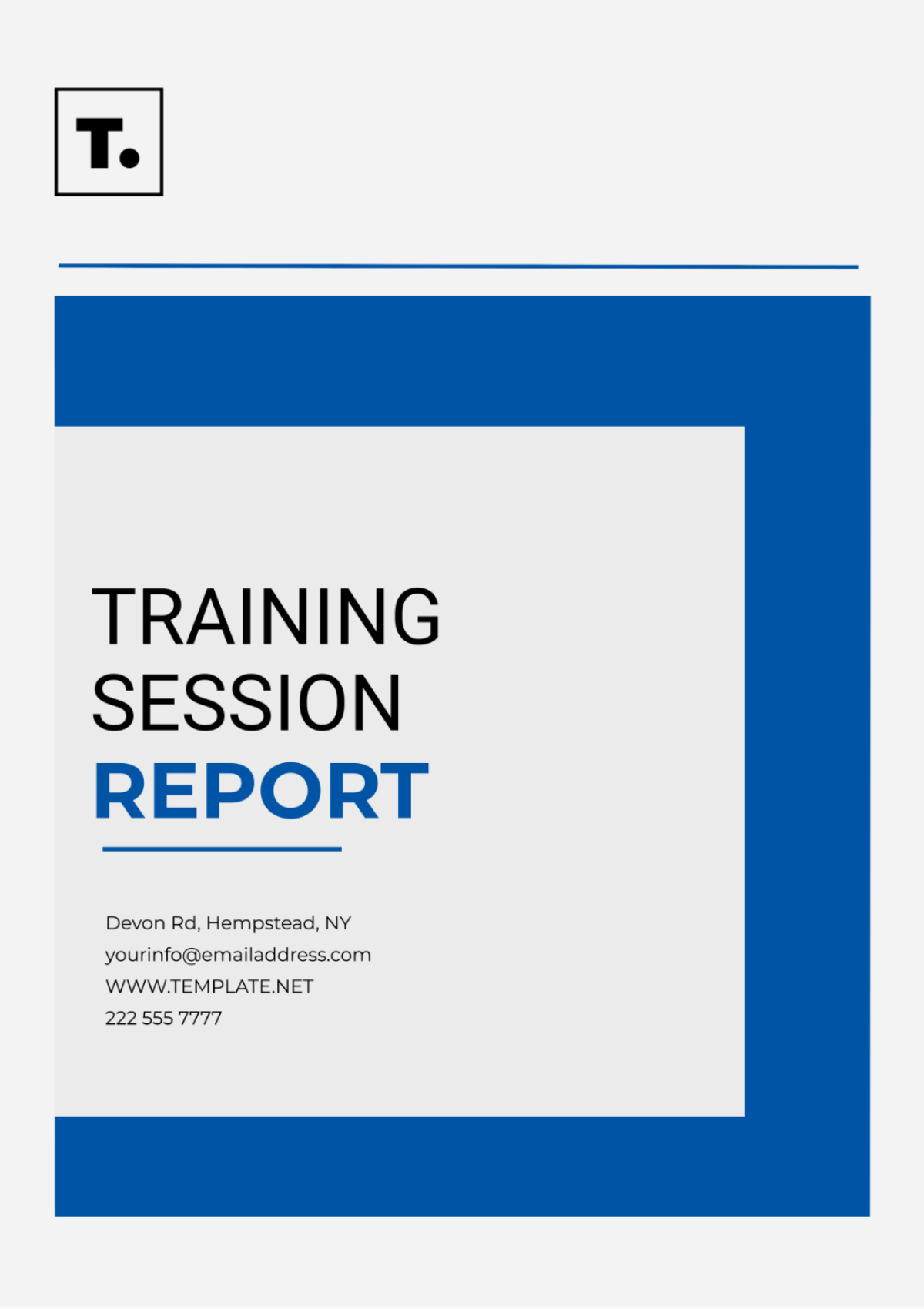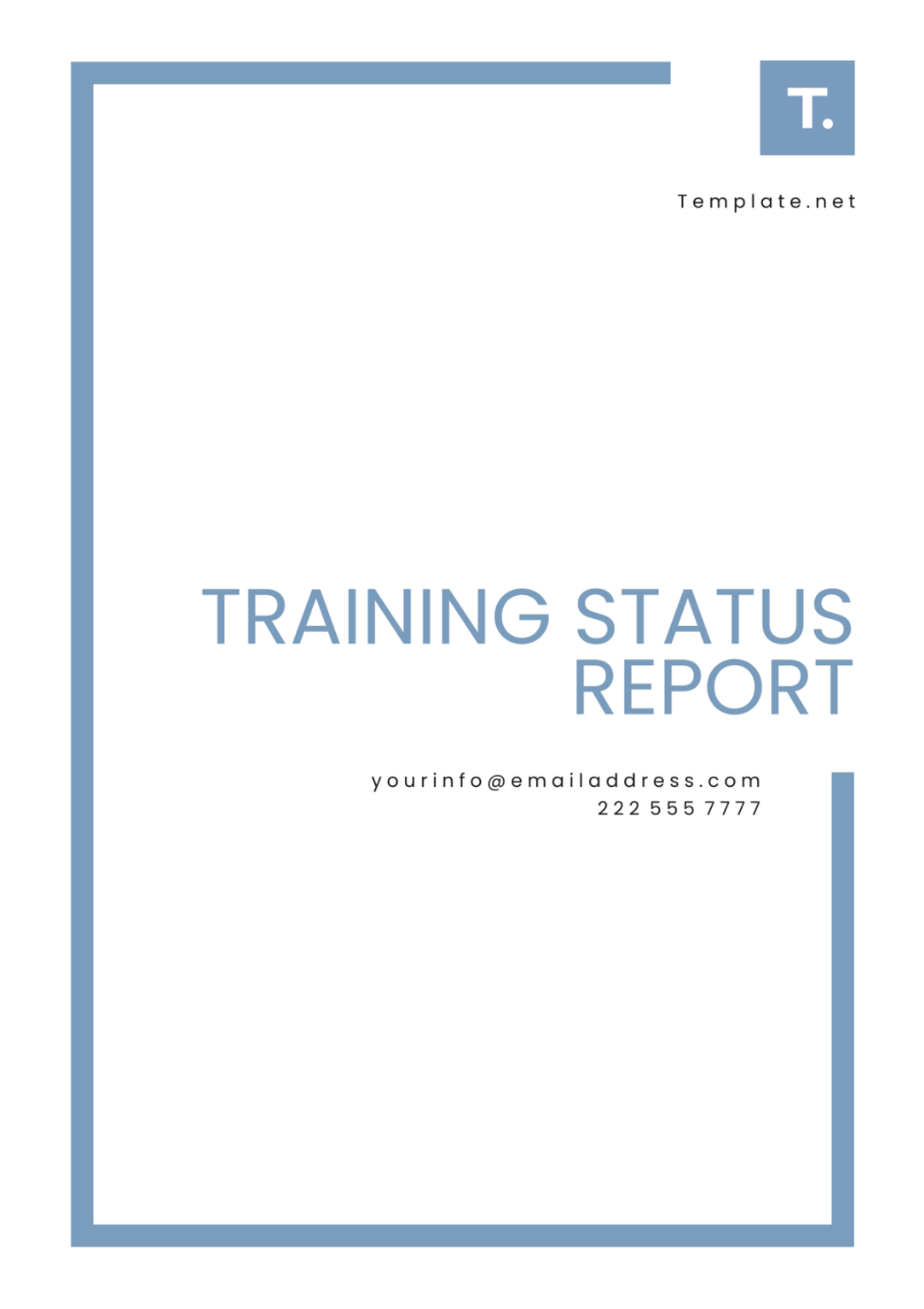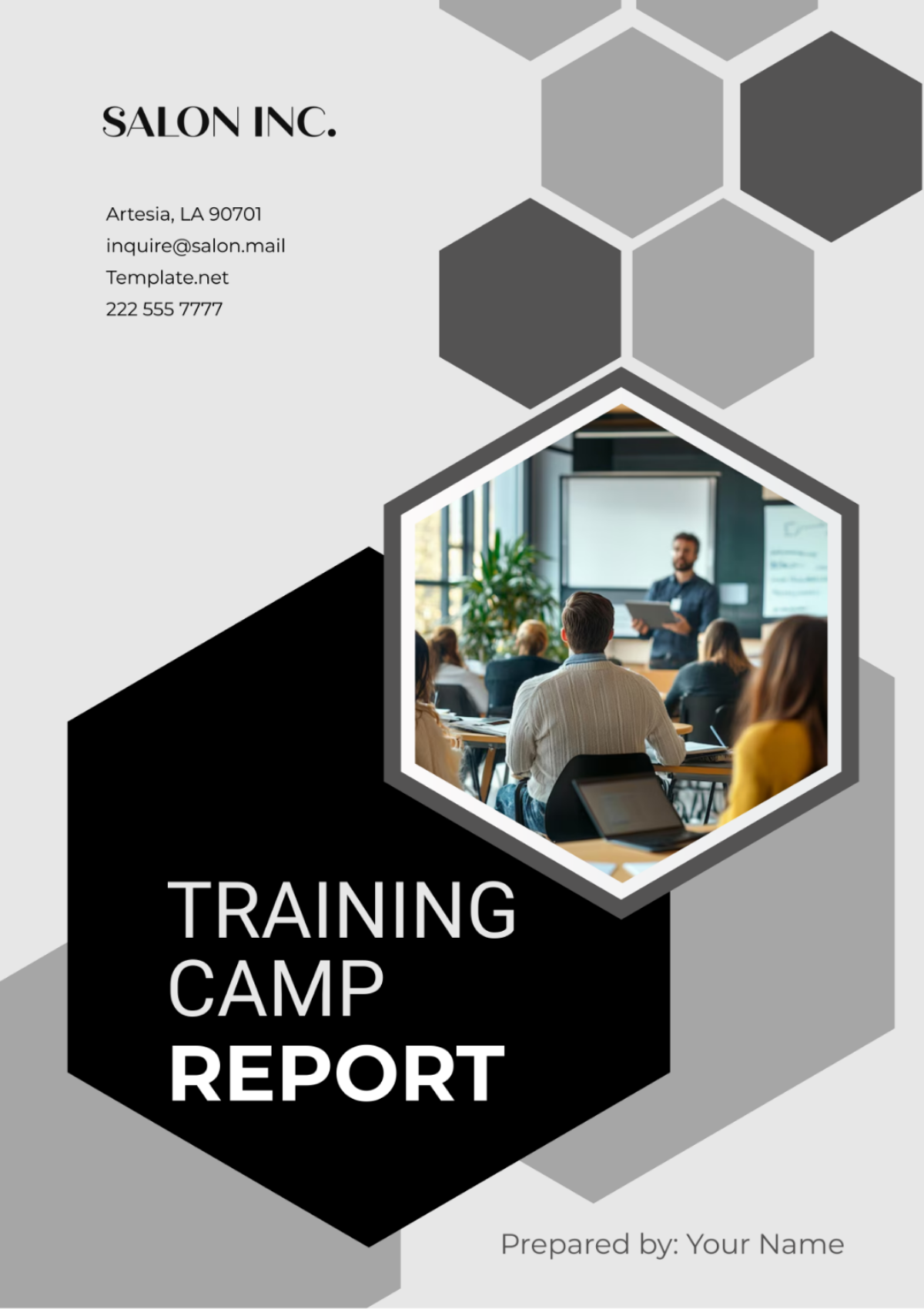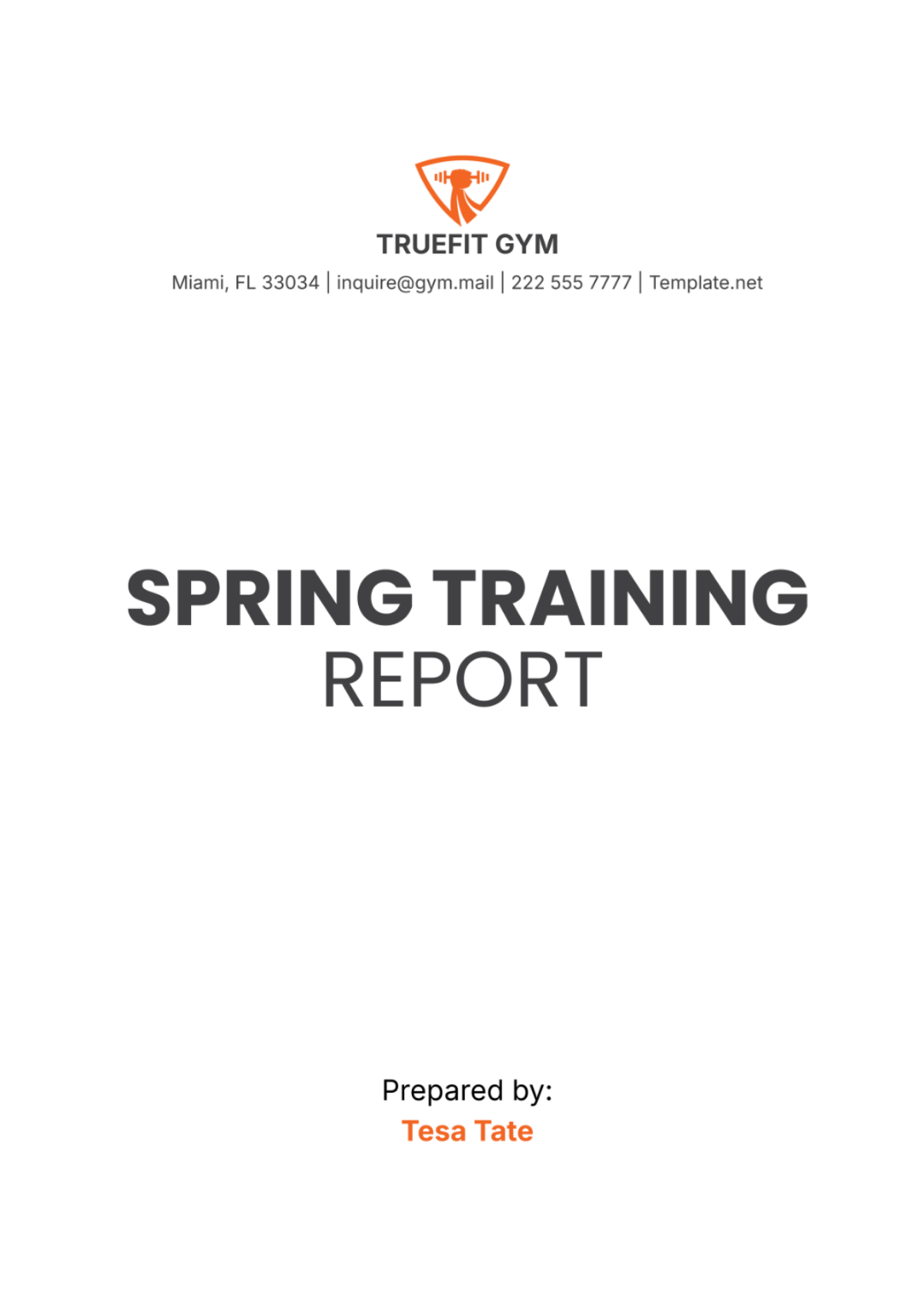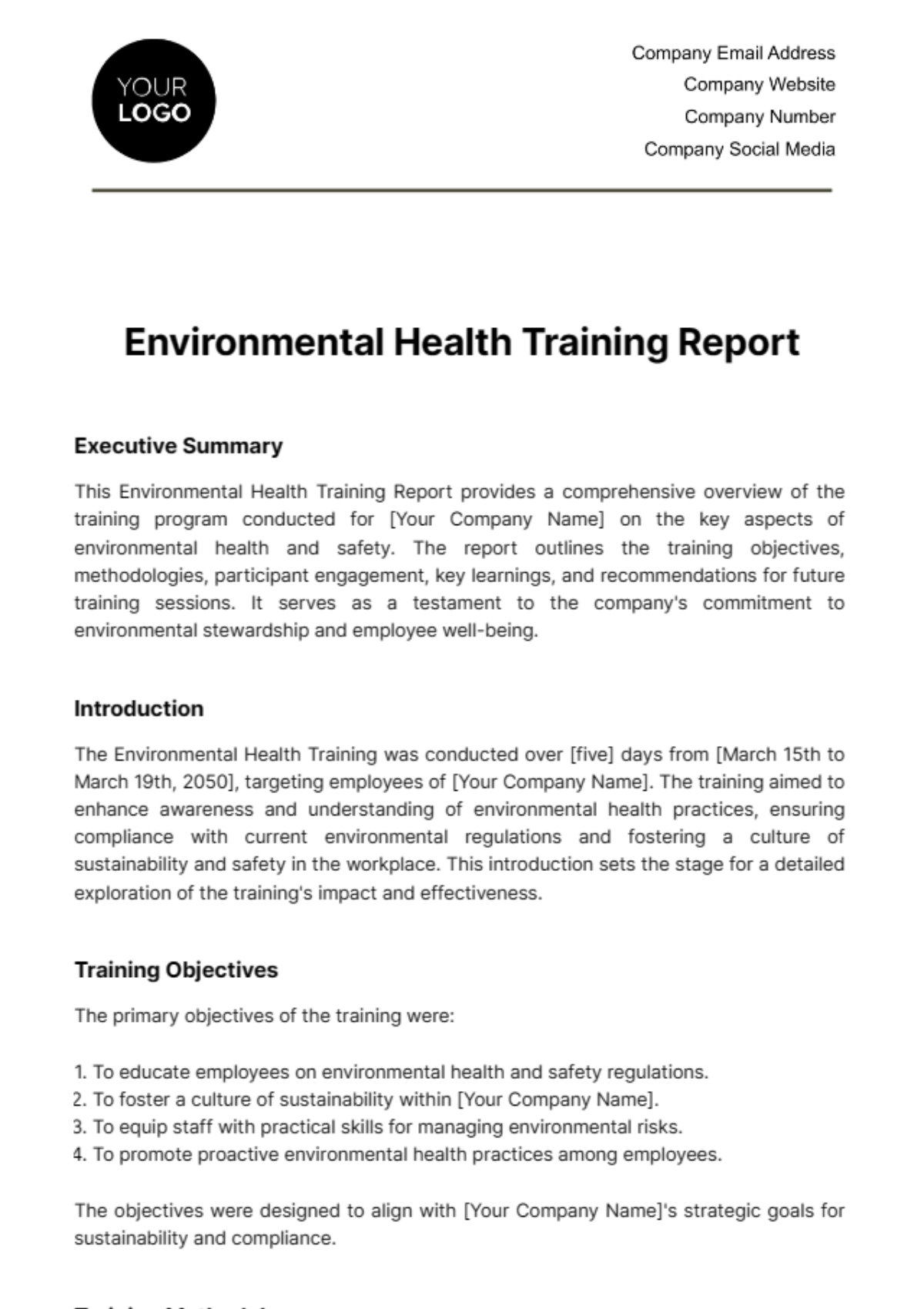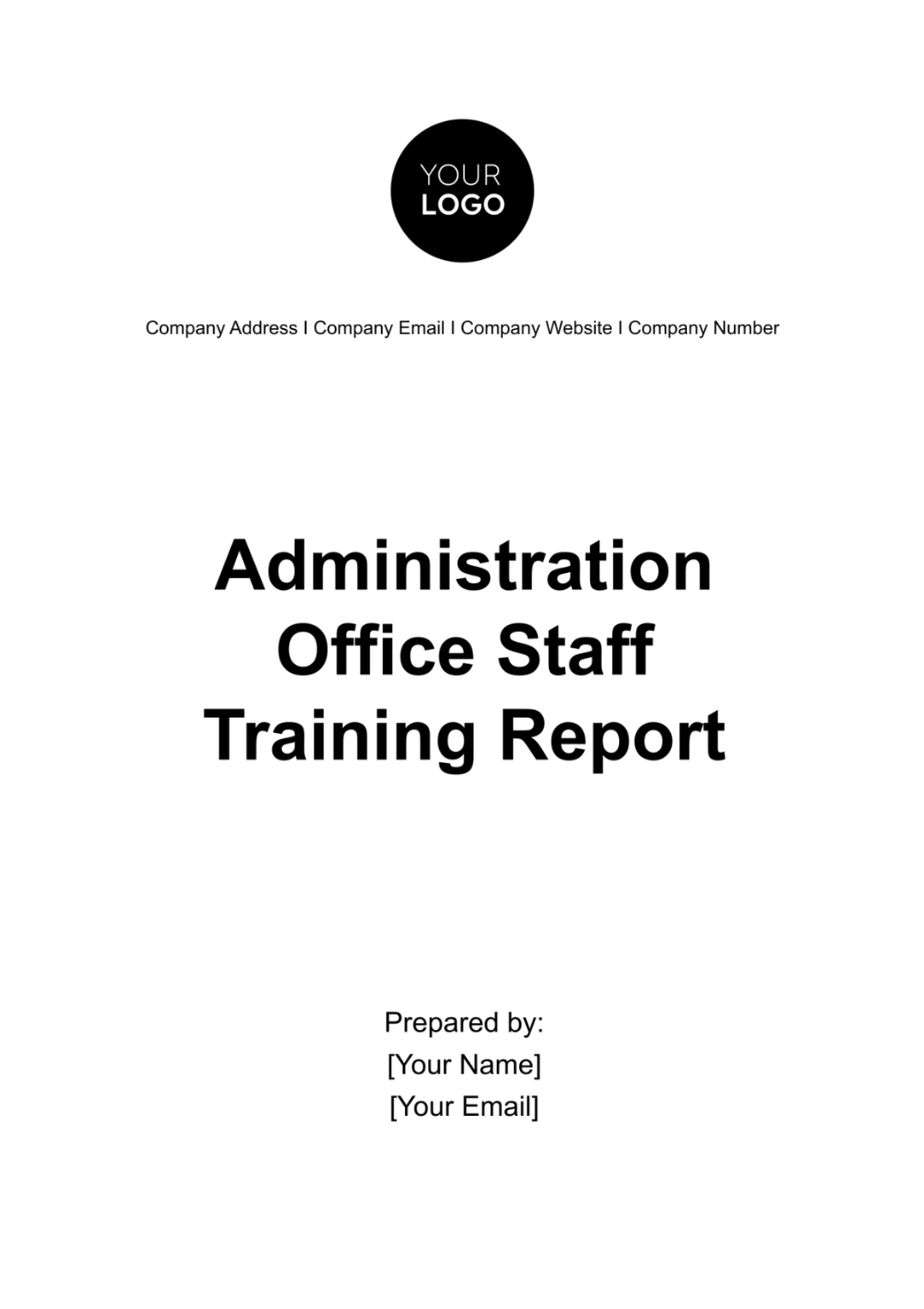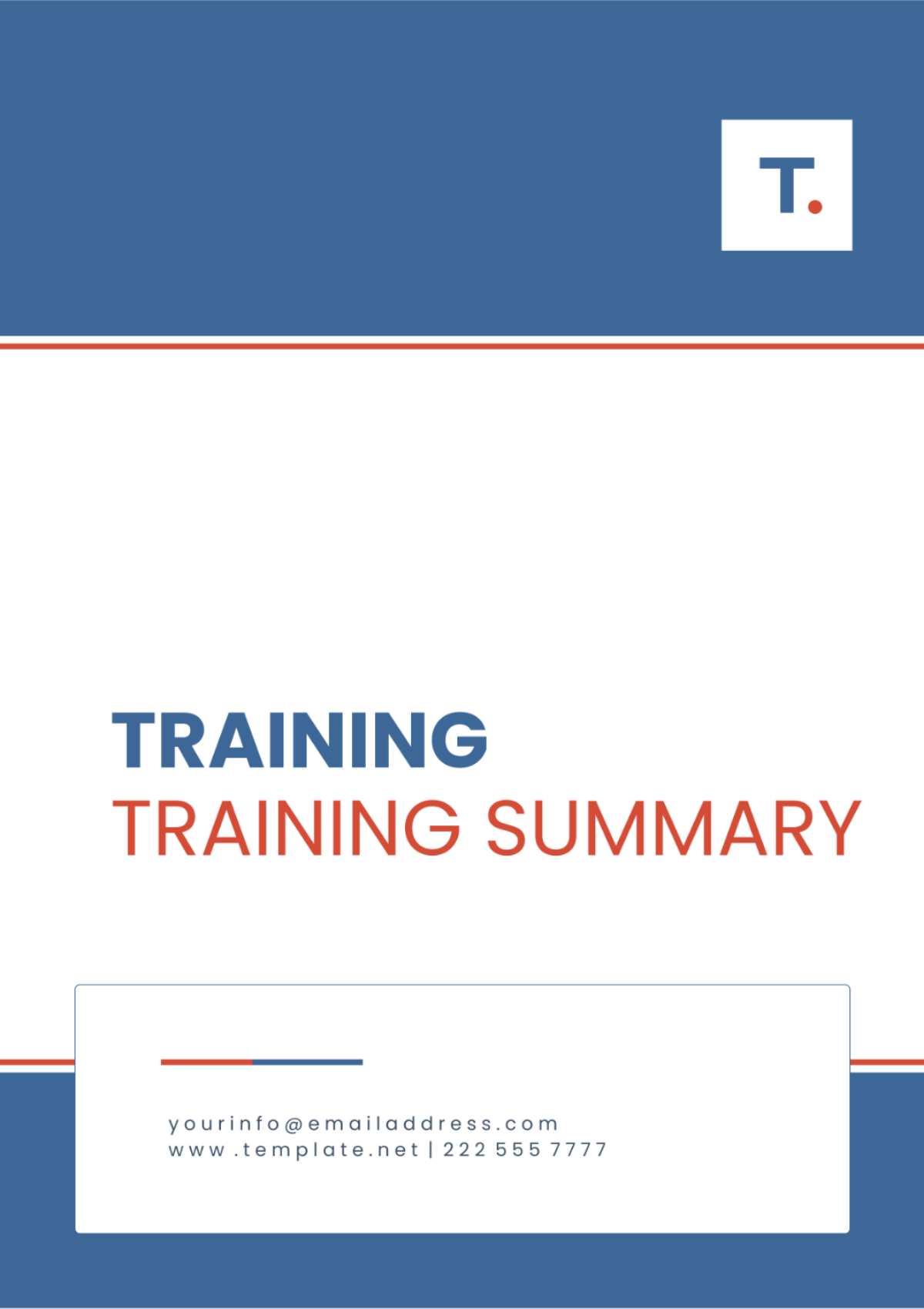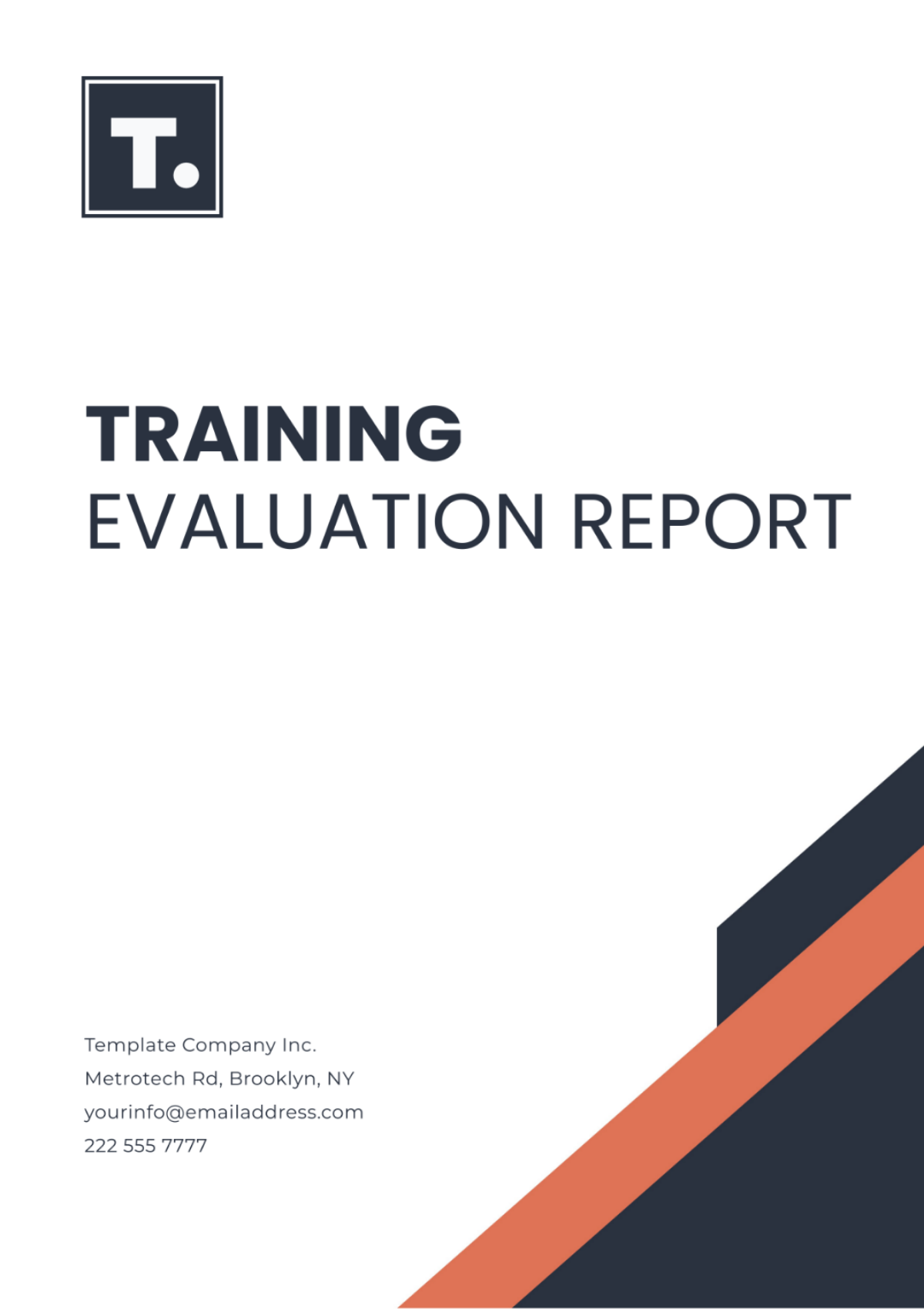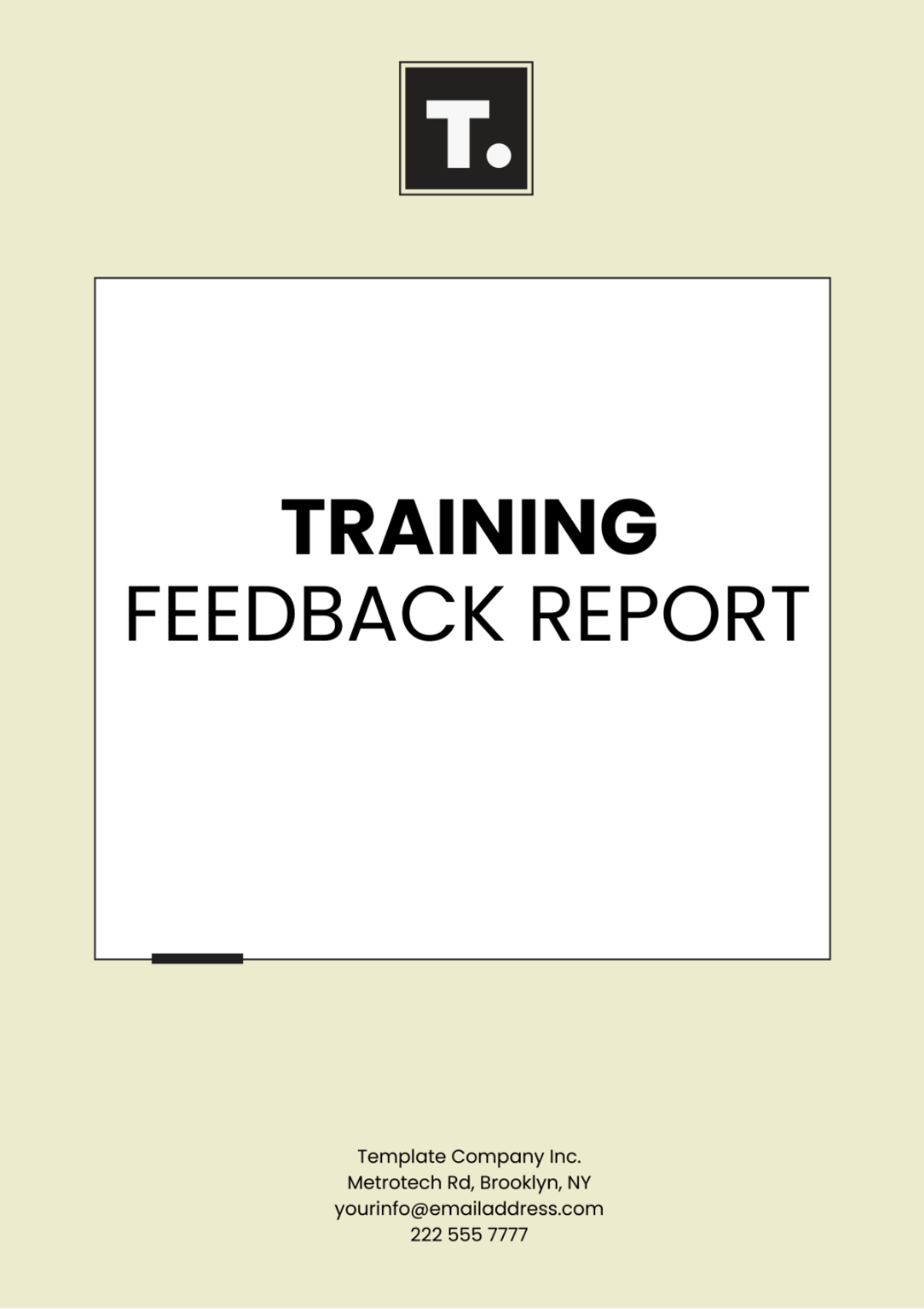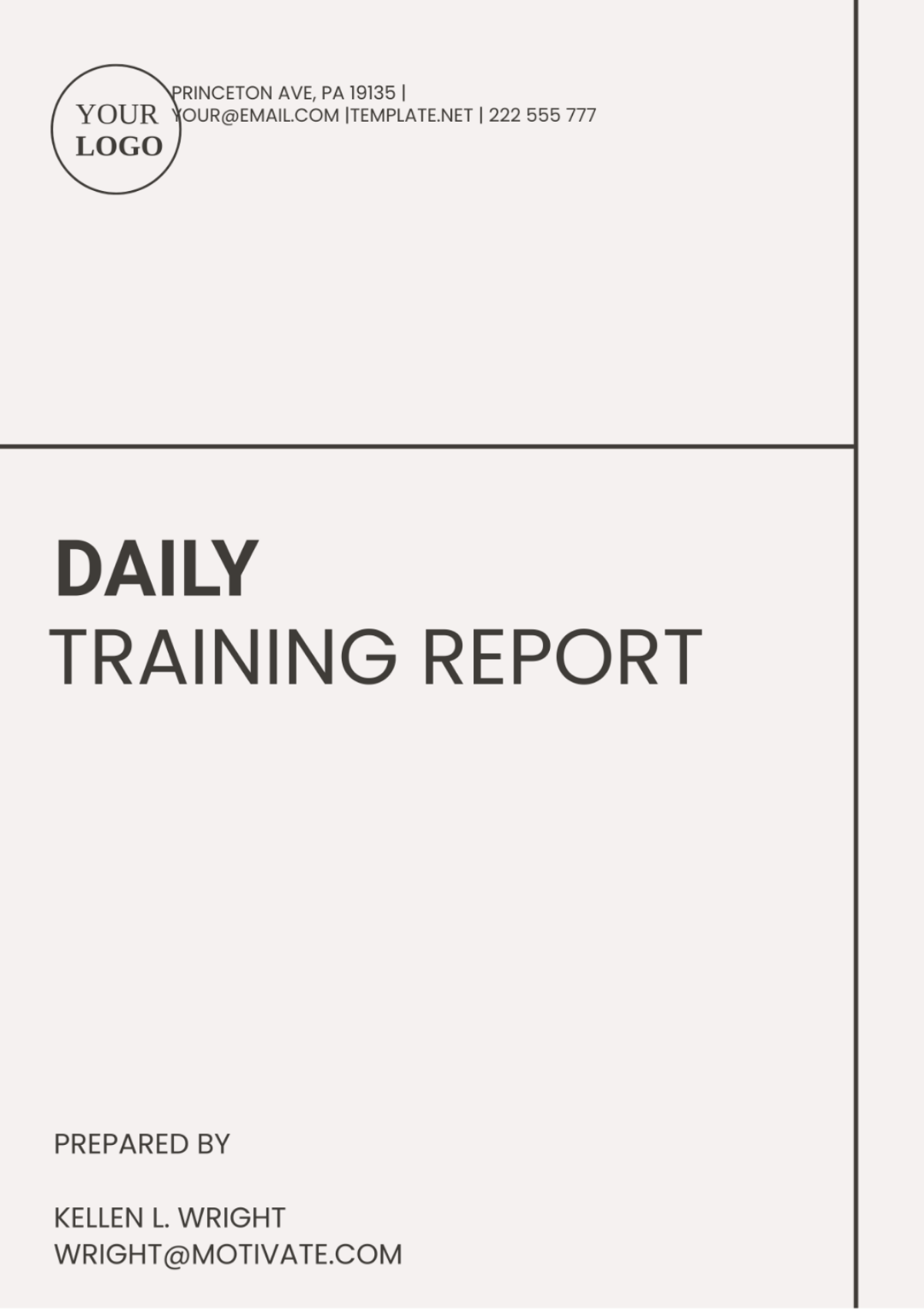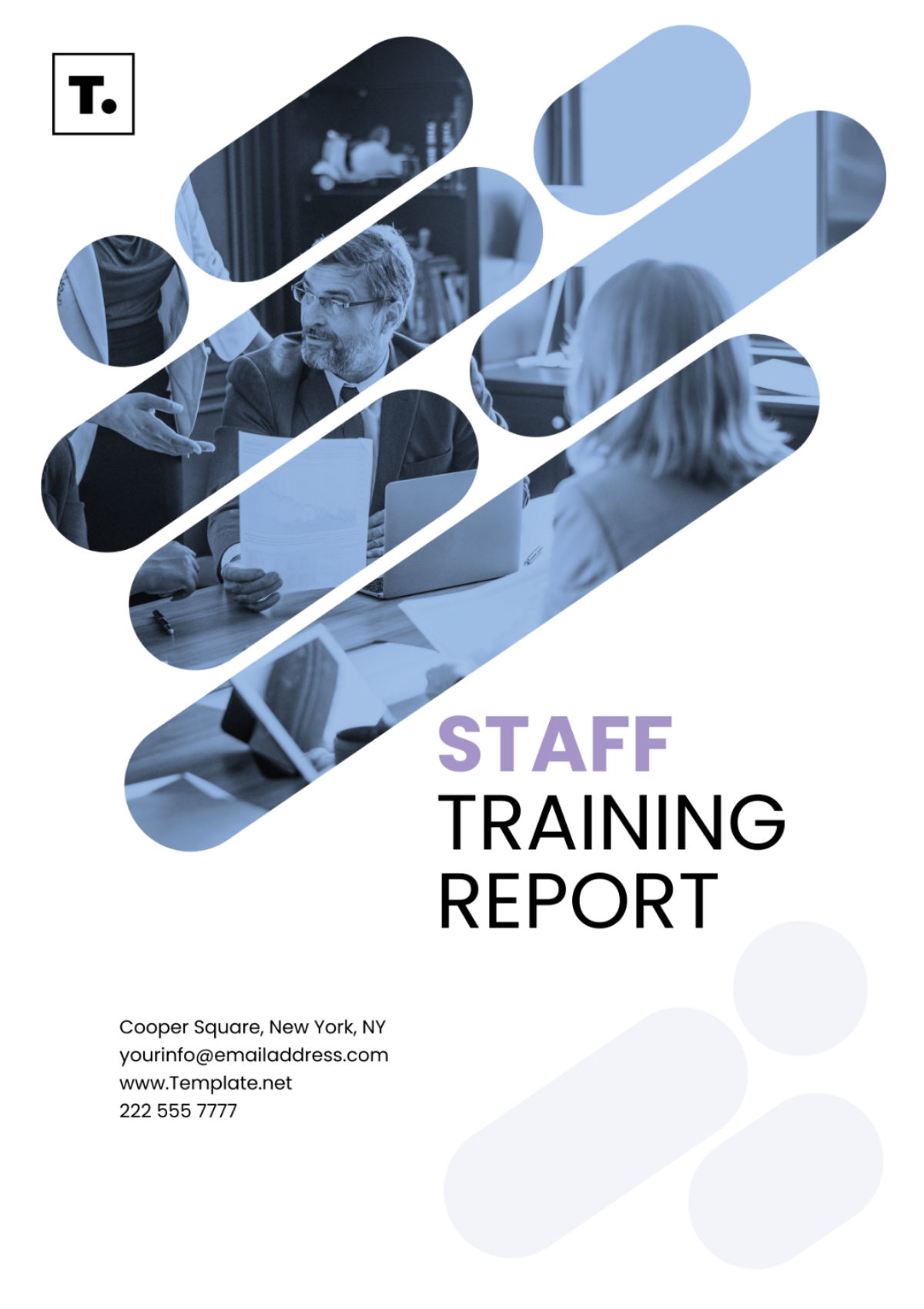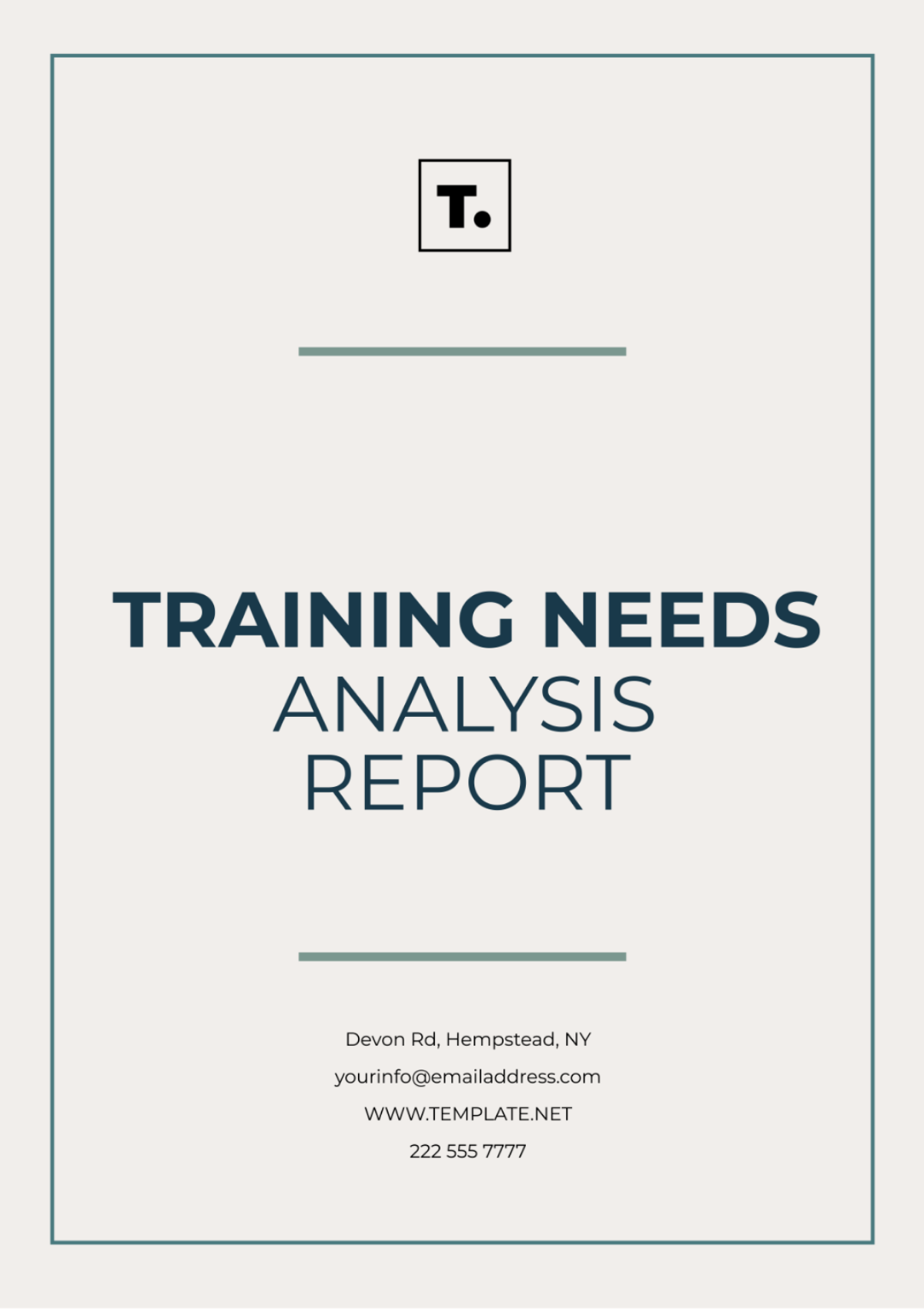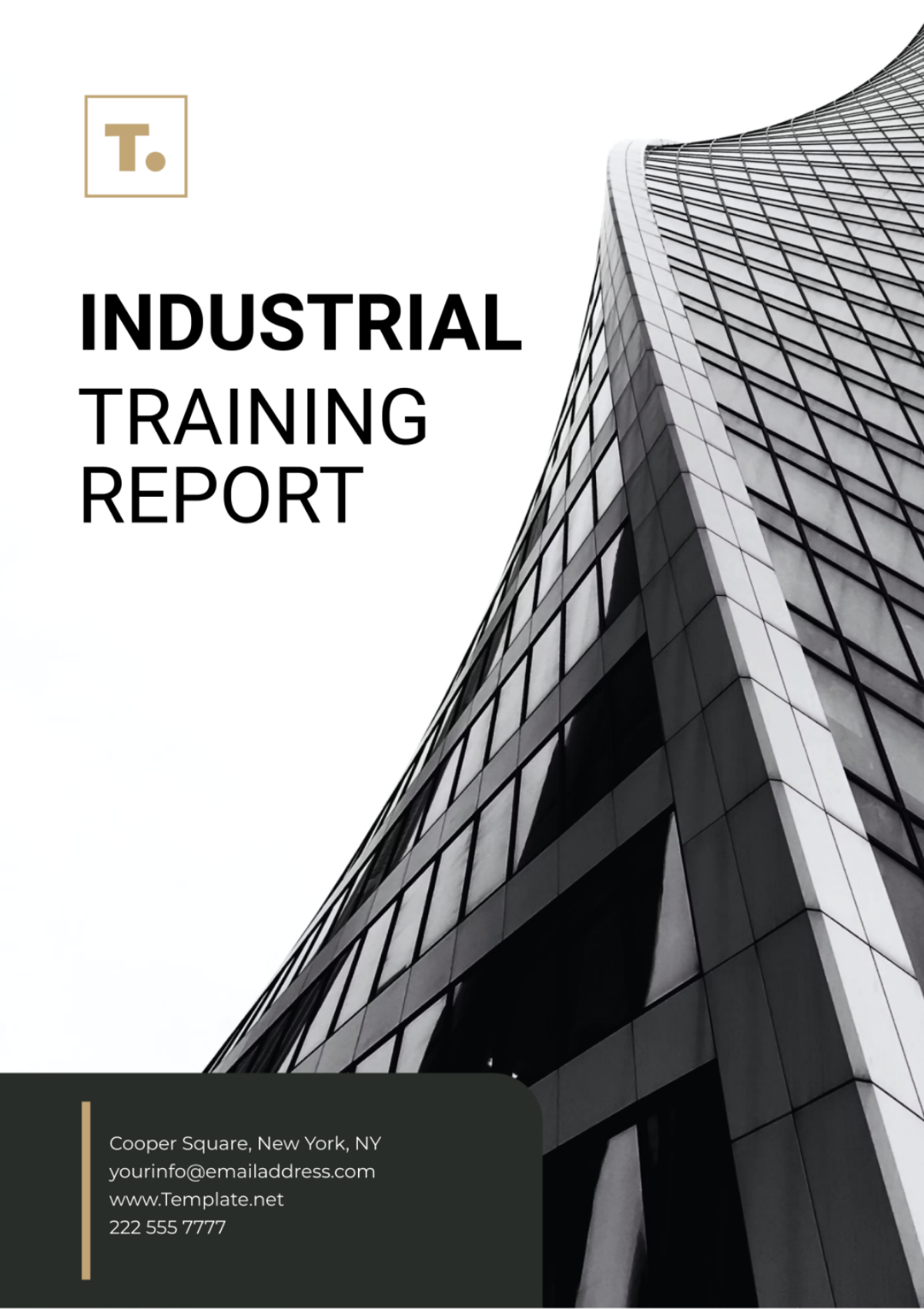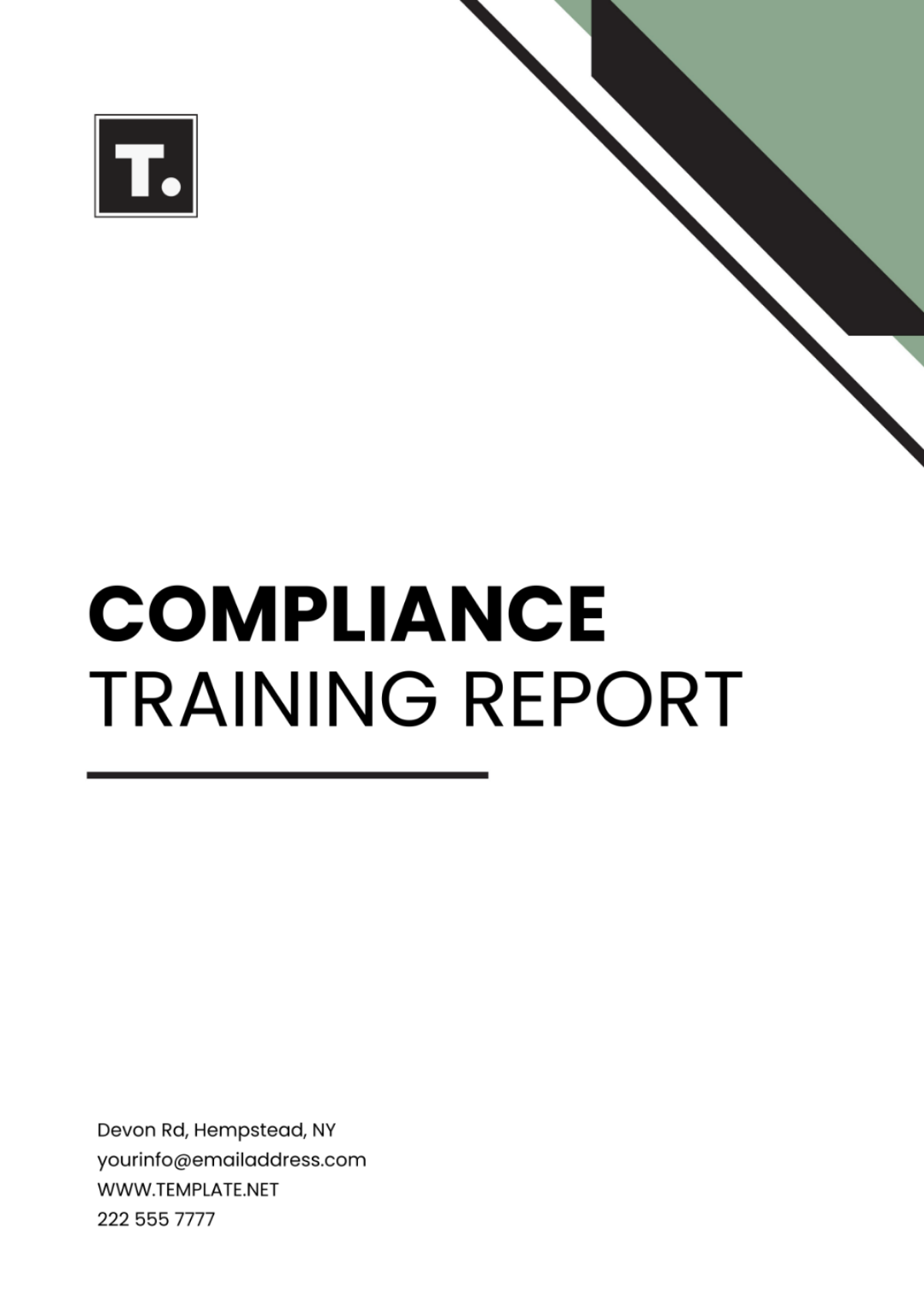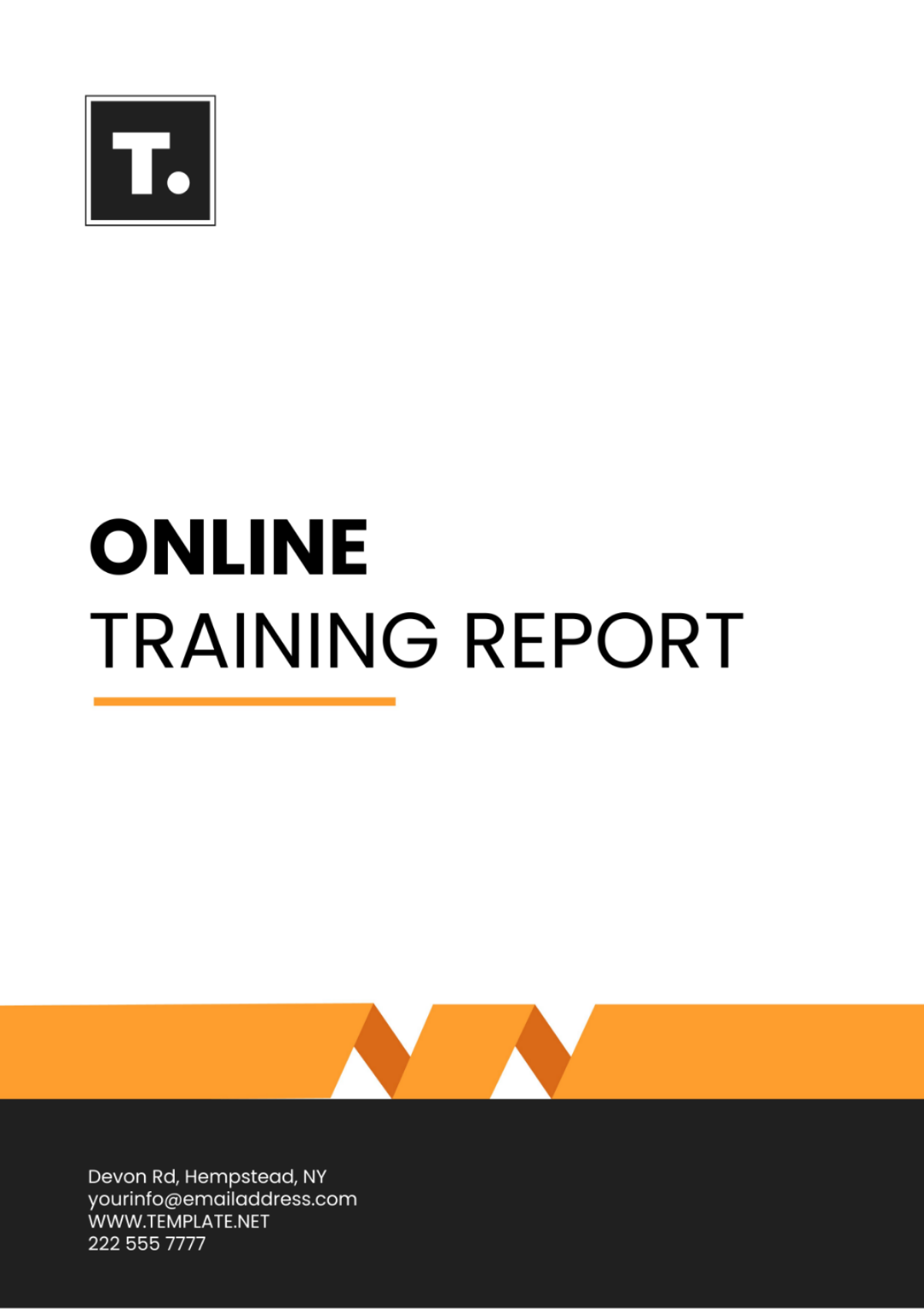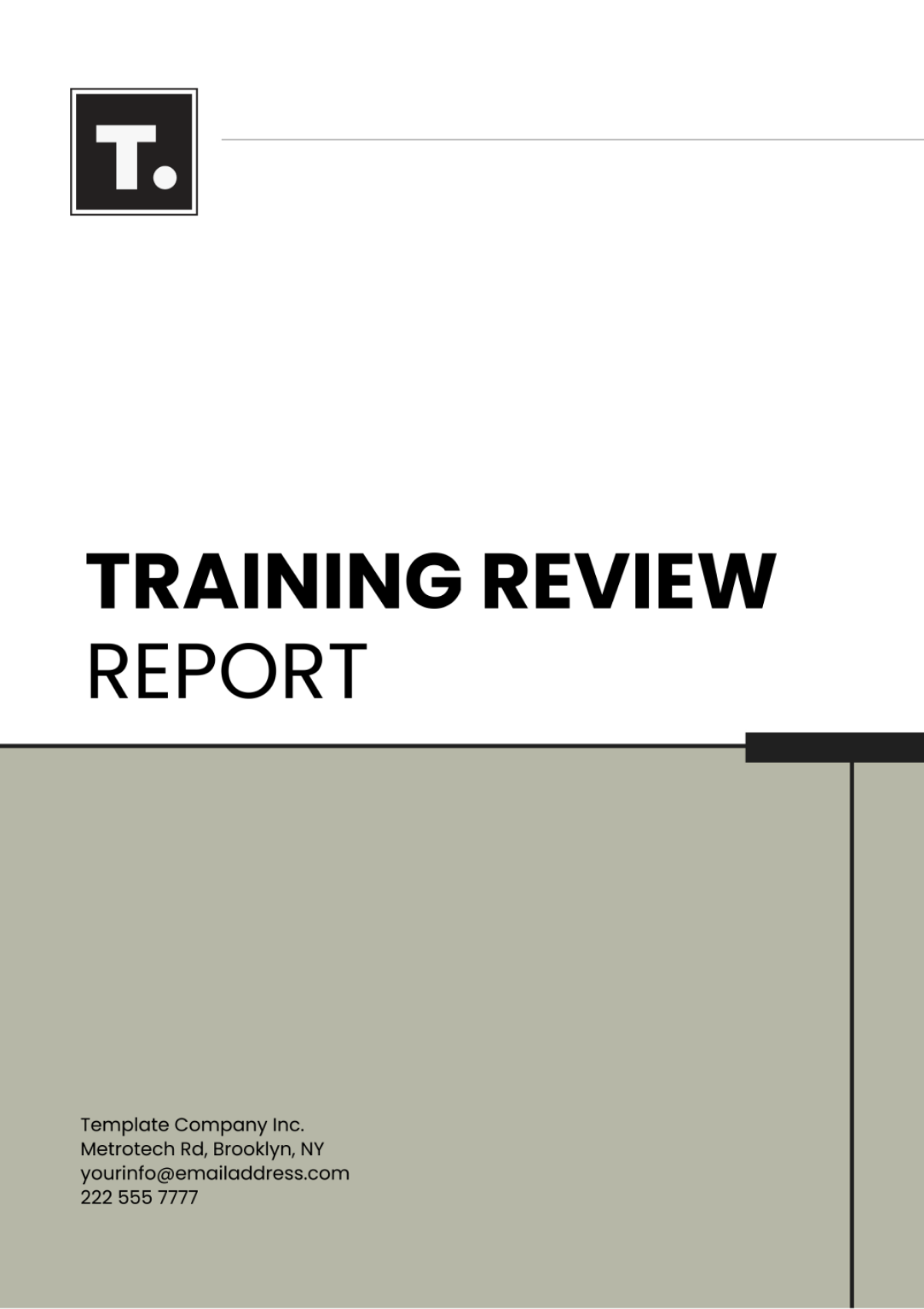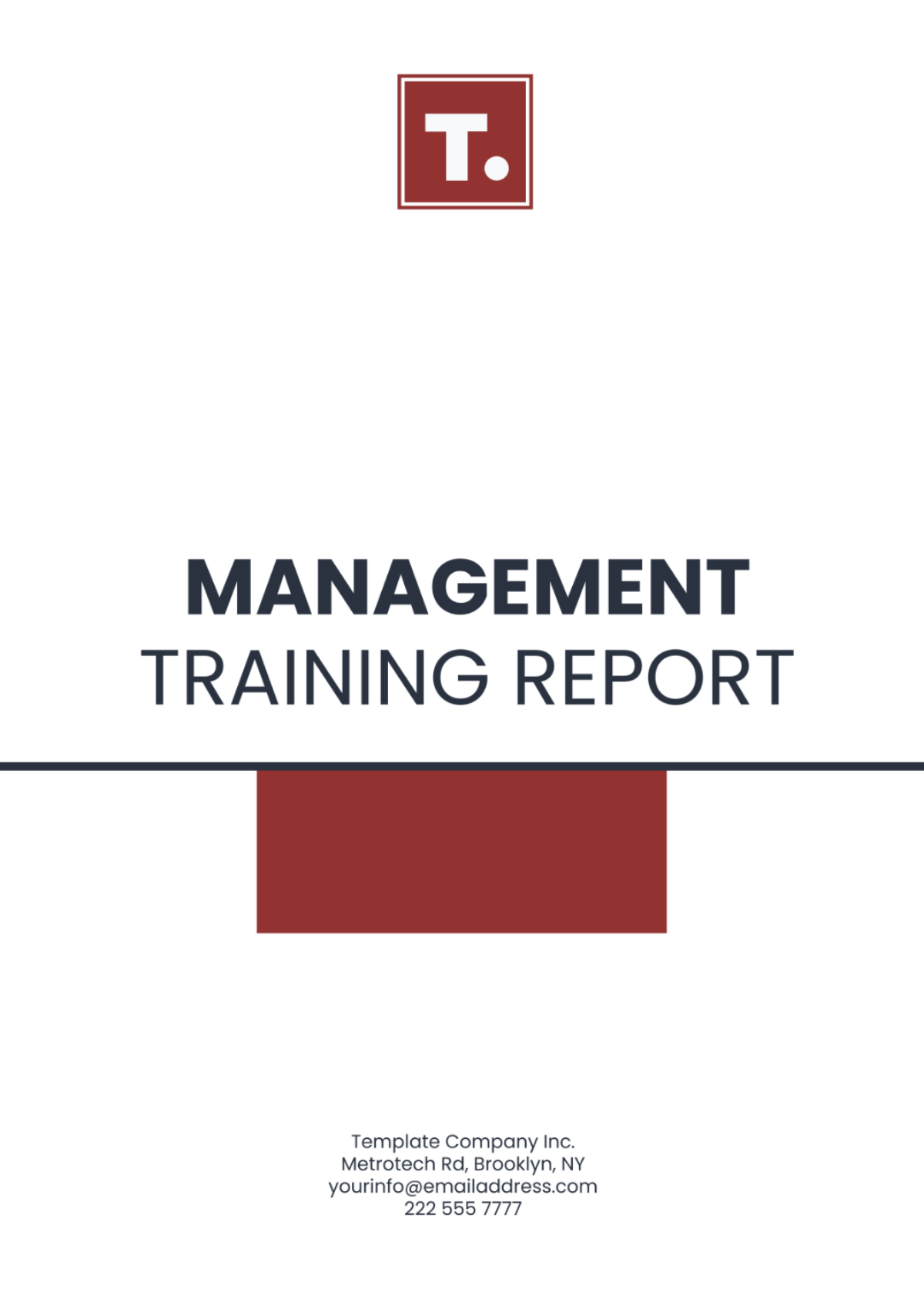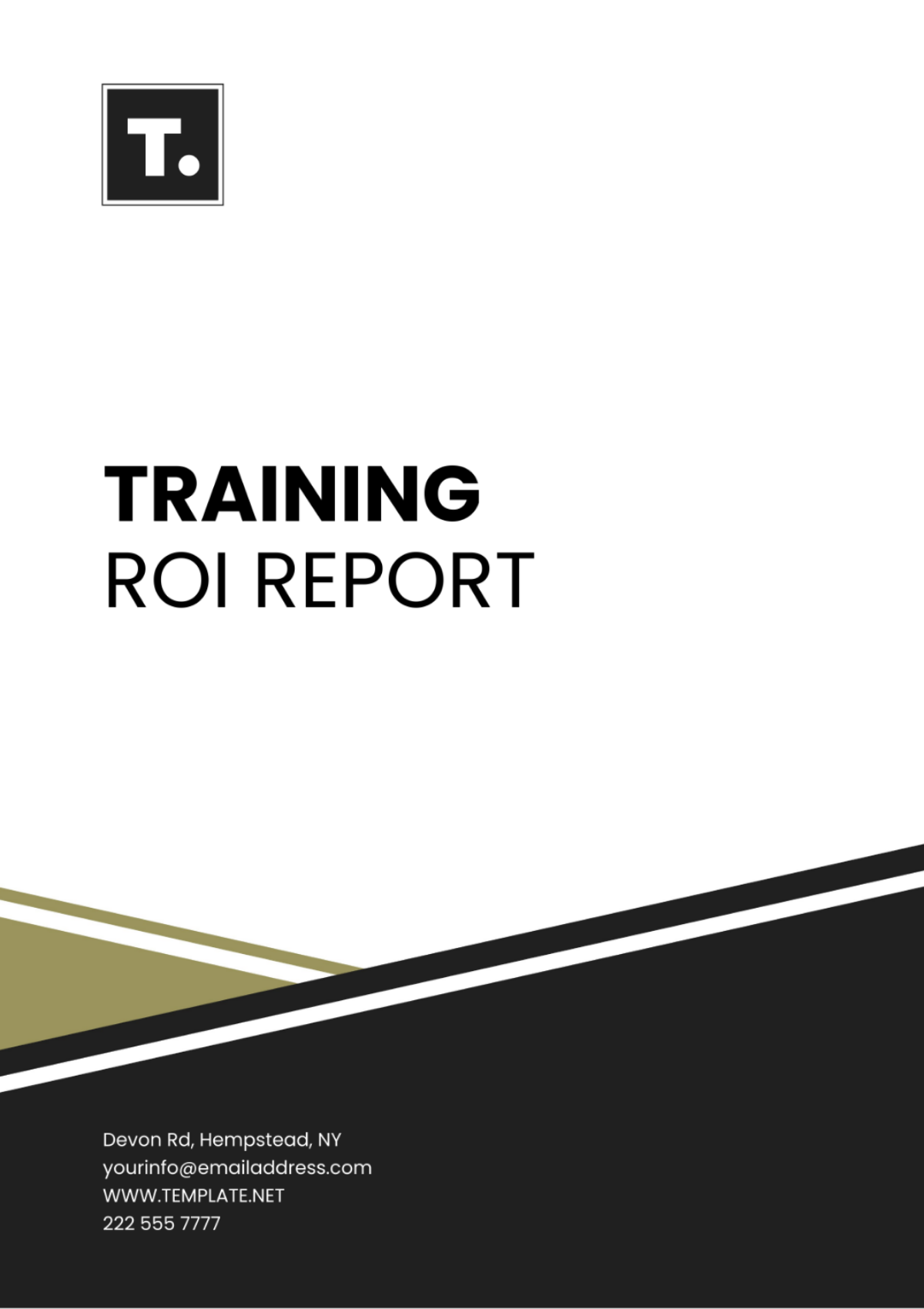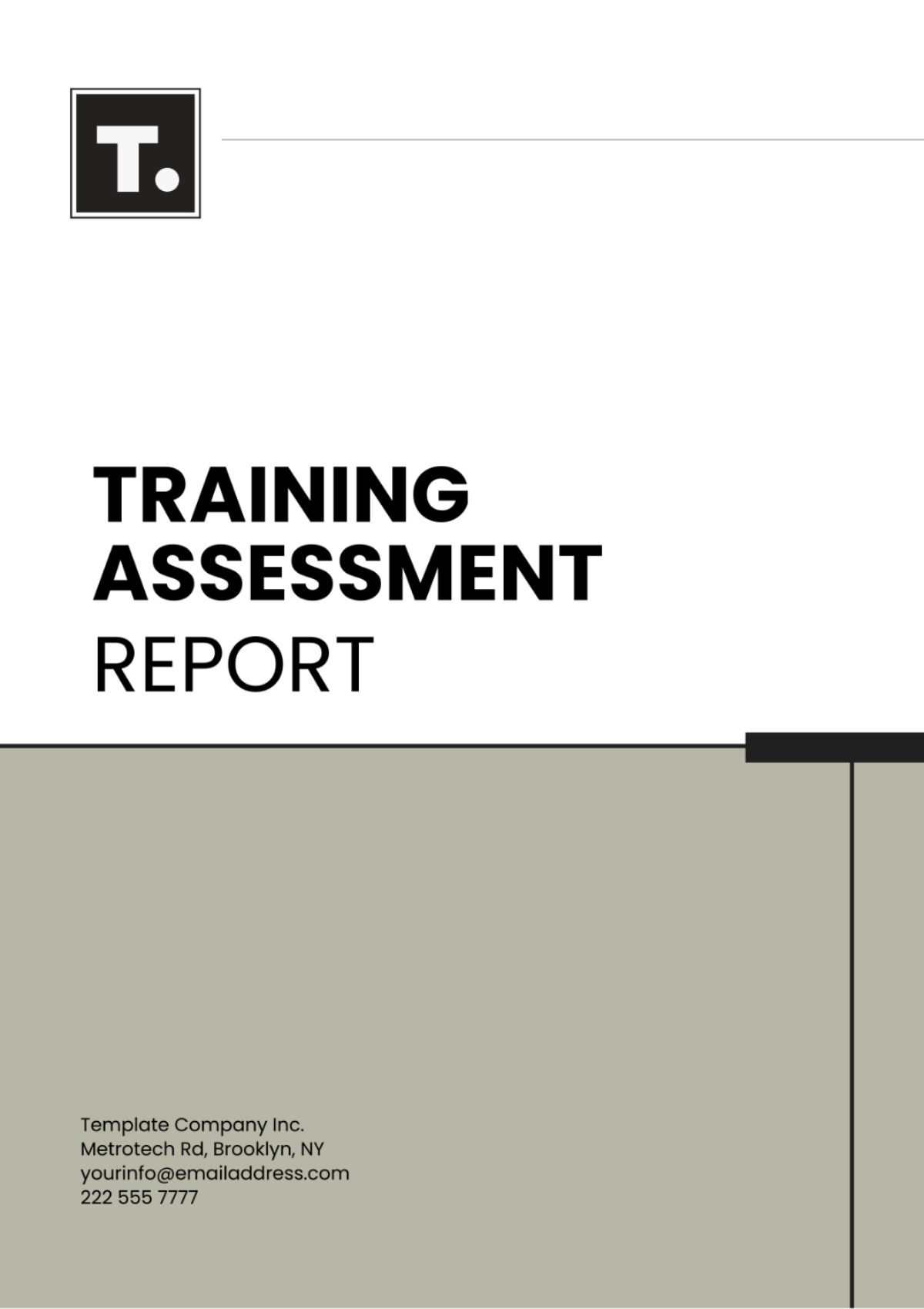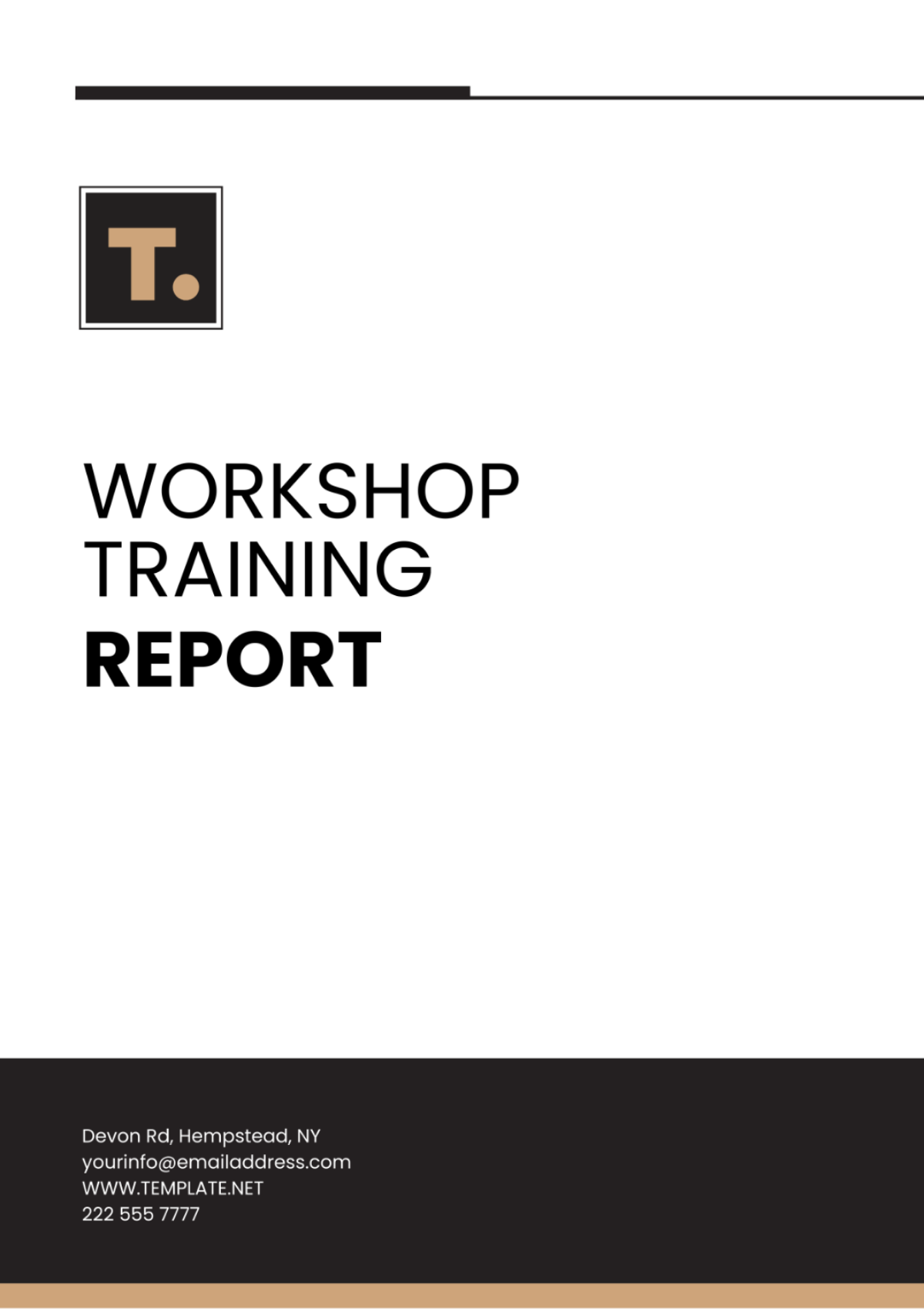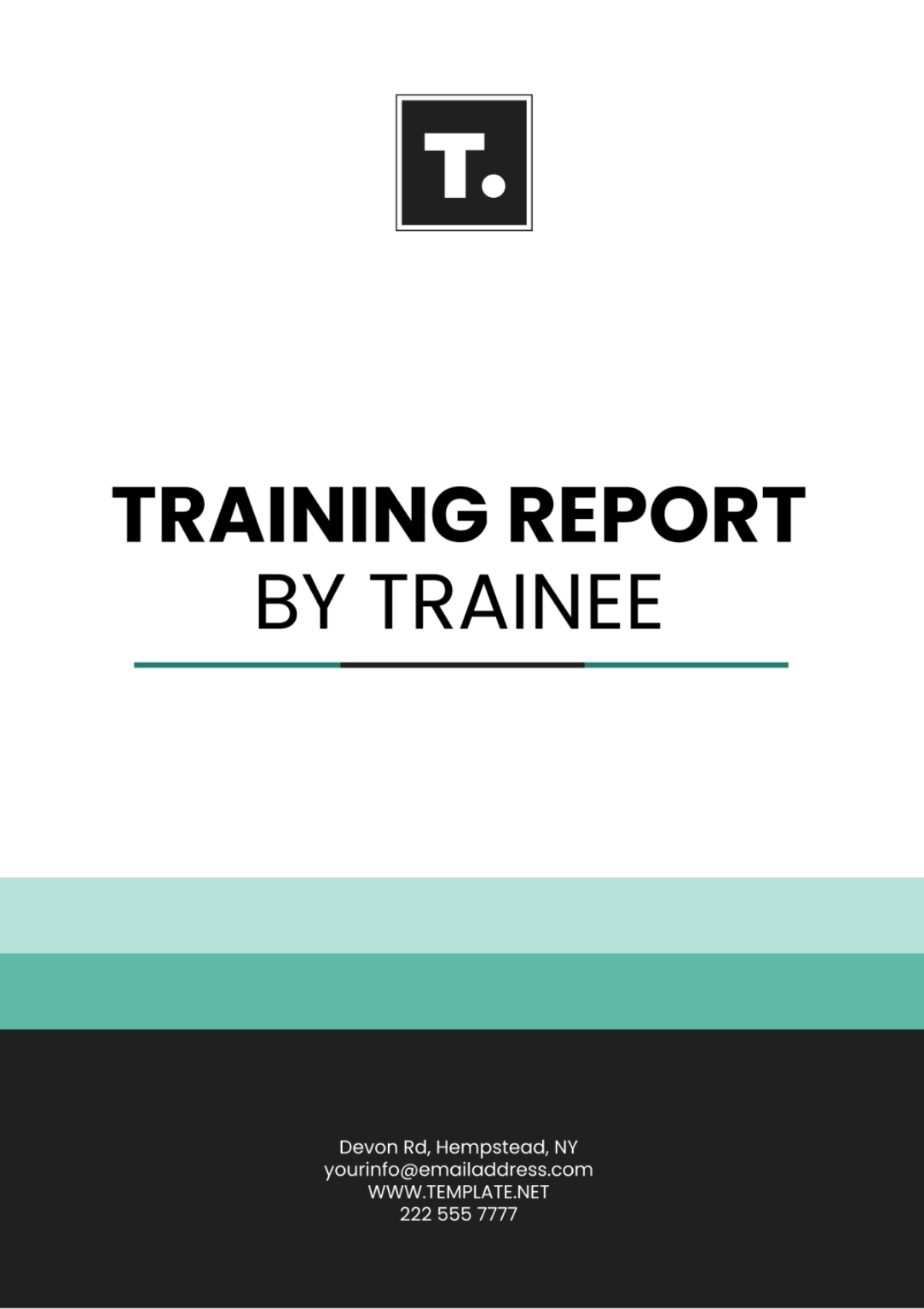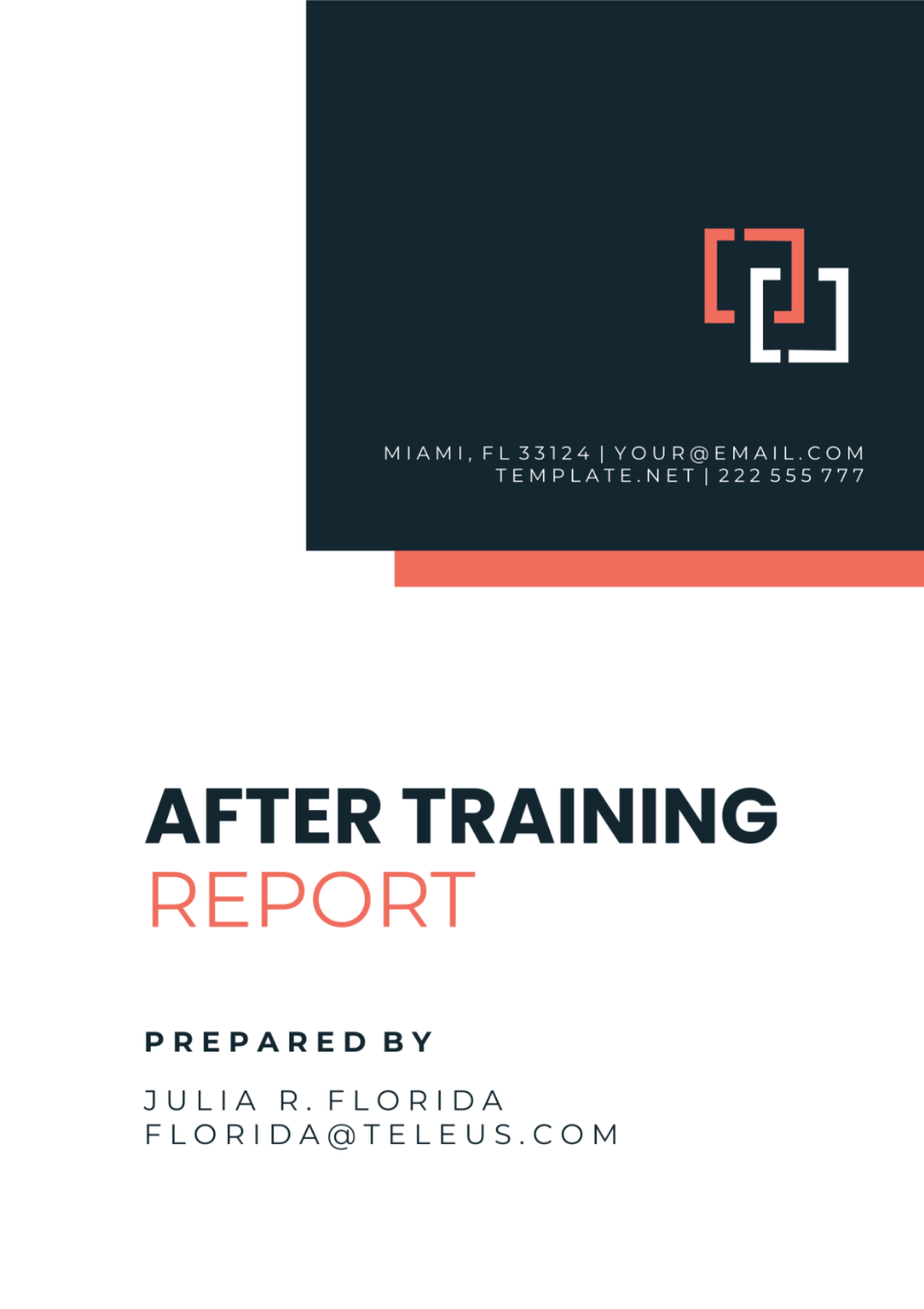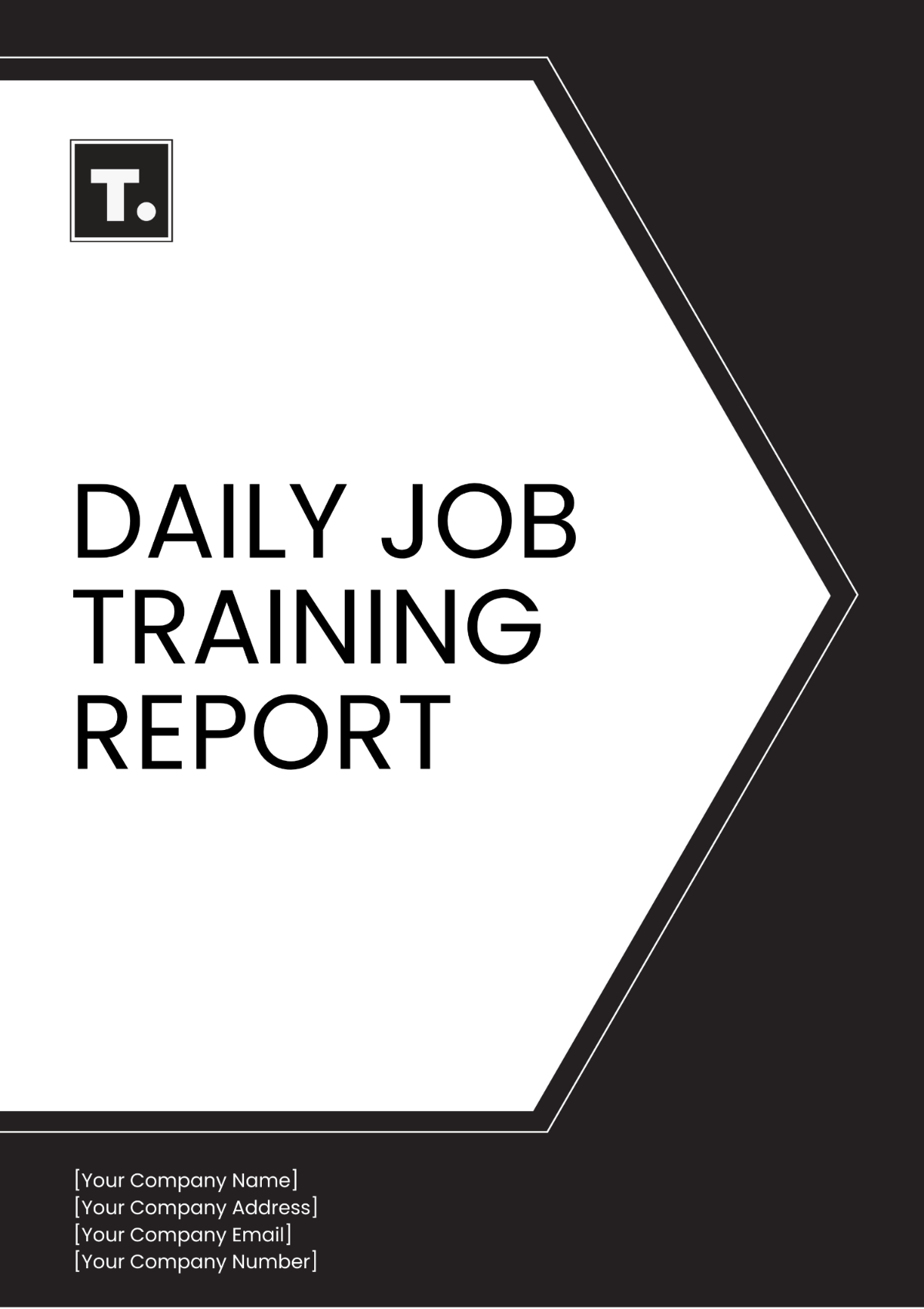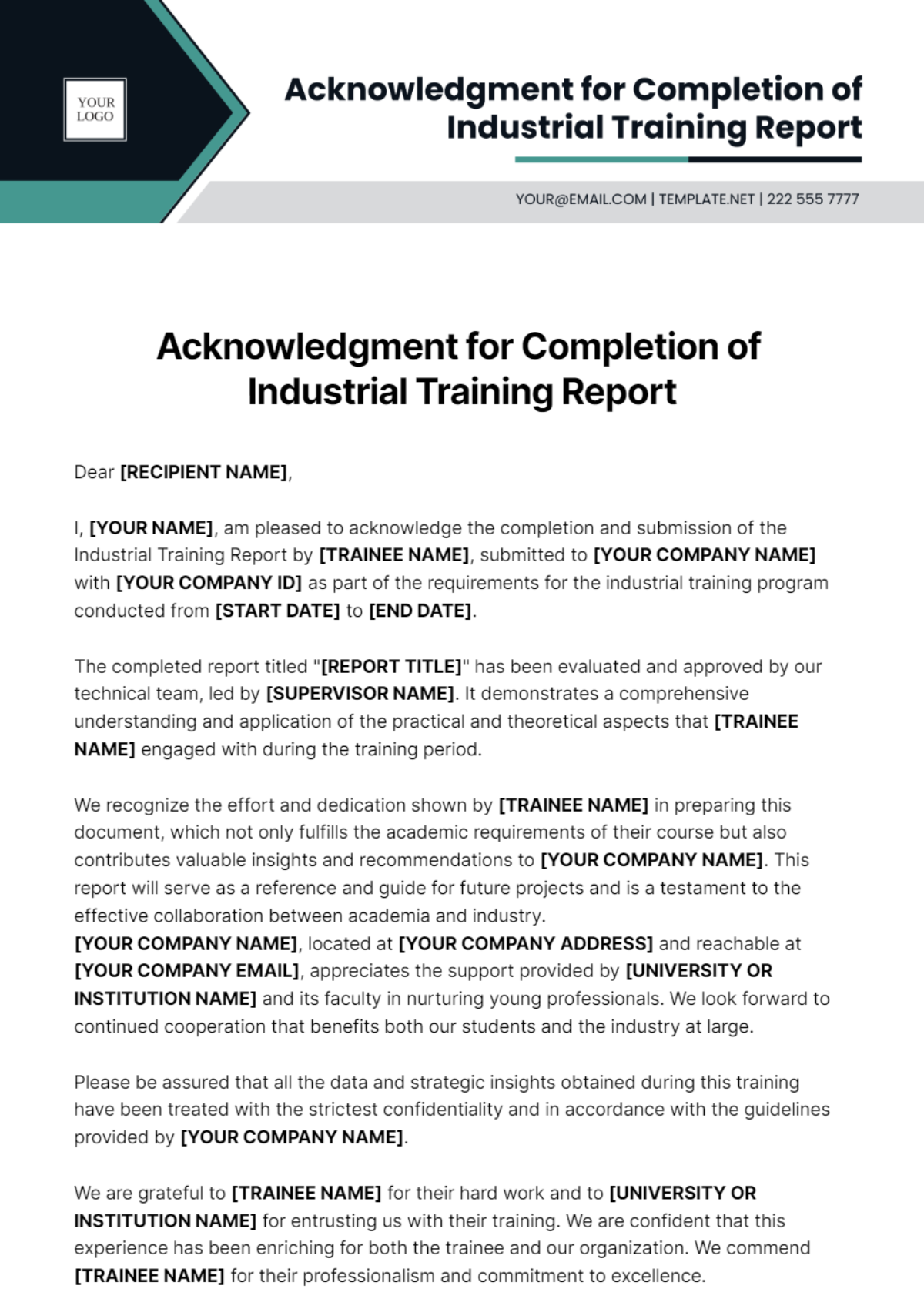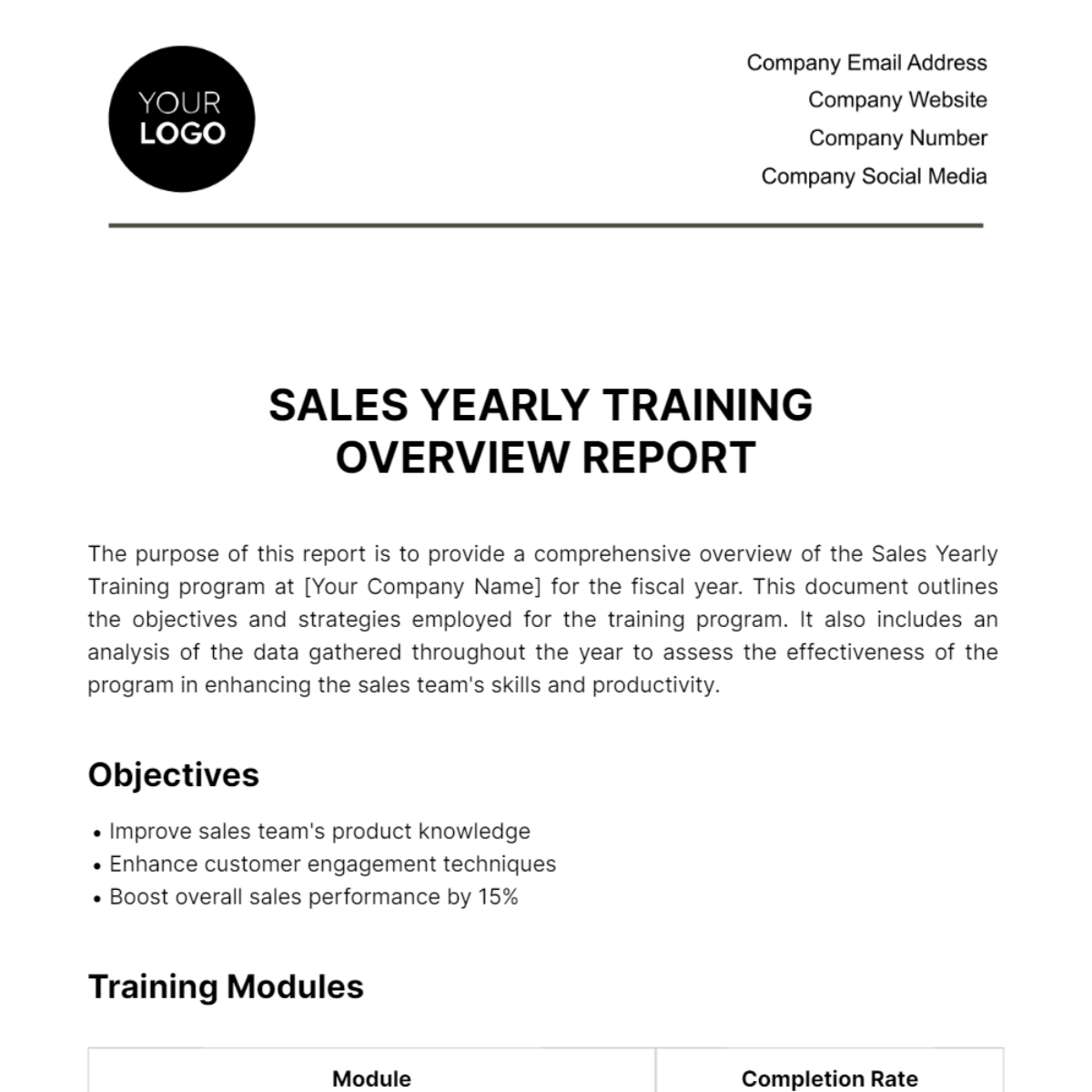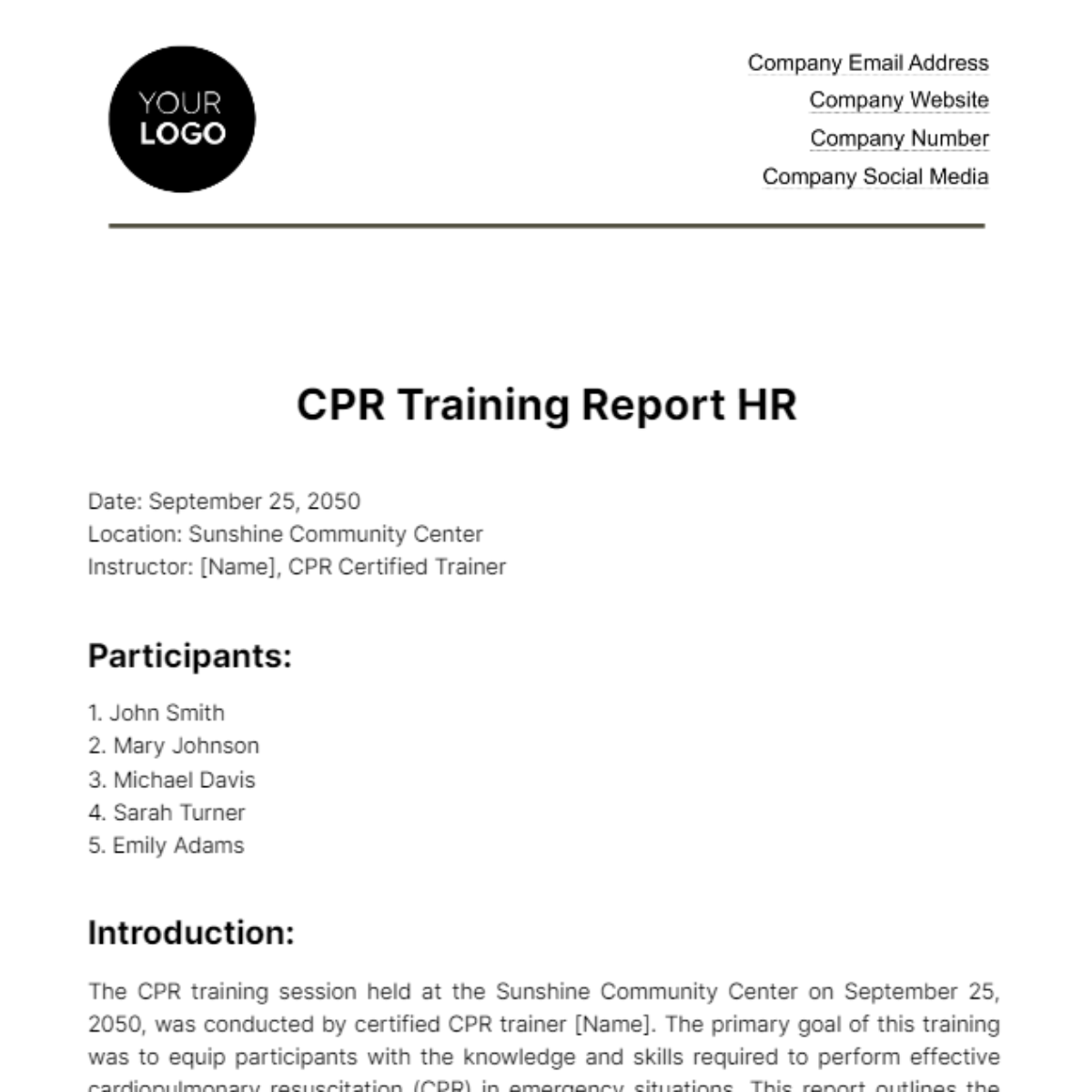Sample Training Report
Training Title: Advanced Leadership Skills Training
Training Date: July 15-17, 2054
Location: [YOUR COMPANY ADDRESS]
Trainer(s): Dahlia White, Senior Leadership Coach
Participant(s): Adrienne Daniel, Richard Green, Susan White, Mark Brown, Emily Davis
I. Introduction
The training was conducted by [YOUR COMPANY NAME] to equip participants with the necessary skills and knowledge to become effective leaders in their respective roles. The training was designed to address critical leadership challenges in the modern workplace and was delivered over a period of three days.
II. Training Objectives
The training program aimed to achieve the following objectives:
Enhance participants’ ability to communicate effectively as leaders.
Equip participants with tools to inspire and motivate their teams.
Develop strategies for conflict resolution in leadership settings.
Foster a mindset of continuous personal and professional growth.
III. Training Content
The content was presented in the following manner:
Effective Leadership Communication
Techniques for clear and concise communication.
Understanding non-verbal cues and their impact on leadership.
Motivation and Inspiration
Building trust within teams.
Methods for motivating employees to perform at their best.
Conflict Resolution
Identifying sources of conflict and strategies for resolution.
Practical exercises in managing team disagreements.
Personal Growth and Development
Creating a personal development plan.
The importance of self-awareness and reflection in leadership.
IV. Methodology
The training employed a variety of teaching methods, including:
Instructor-Led Presentation: Engaging presentations by John Smith on key leadership topics.
Group Discussions: Interactive sessions where participants shared their experiences and learned from peers.
Hands-On Activities: Role-playing exercises to simulate real-world leadership challenges.
Case Studies: Analysis of successful leadership strategies from top companies.
These methodologies were selected to ensure that all participants were actively engaged and could grasp the key concepts effectively.
V. Participant Feedback
Participants provided feedback on the training through surveys and informal discussions. The overall feedback was positive with particular emphasis on:
Strengths: Participants appreciated the practical approach to leadership and the use of real-life examples. They also valued the opportunity for hands-on learning.
Areas for Improvement: Some participants suggested that more time could be allocated to the conflict resolution section, as it was a key area of interest for many.
The feedback received will help to improve future training sessions.
VI. Performance Evaluation
A post-training assessment was conducted to evaluate the effectiveness of the program. The results of the assessment indicated that:
85% of participants achieved the desired level of competence in leadership communication.
Key strengths noted in assessments: Strong understanding of motivational techniques and conflict resolution.
Areas requiring further improvement: Time management and delegation skills were areas that several participants felt could be further explored.
VII. Conclusion
The training program successfully met its objectives, with participants demonstrating an improved understanding of advanced leadership skills. Moving forward, [YOUR COMPANY NAME] will continue to enhance its training programs by integrating feedback from this session to ensure ongoing improvement and effectiveness.
VIII. Recommendations
Based on the feedback and evaluation results, the following recommendations are made:
Include more interactive leadership scenarios in future sessions.
Allocate additional time for conflict resolution and delegation training.
Offer follow-up coaching to reinforce learning and development.
These recommendations are aimed at improving future training sessions and ensuring that they meet the evolving needs of [YOUR COMPANY NAME] and its workforce.
IX. Appendices
Appendix A: Participant List
Appendix B: Post-Training Assessment Results
Appendix C: Training Materials Used
